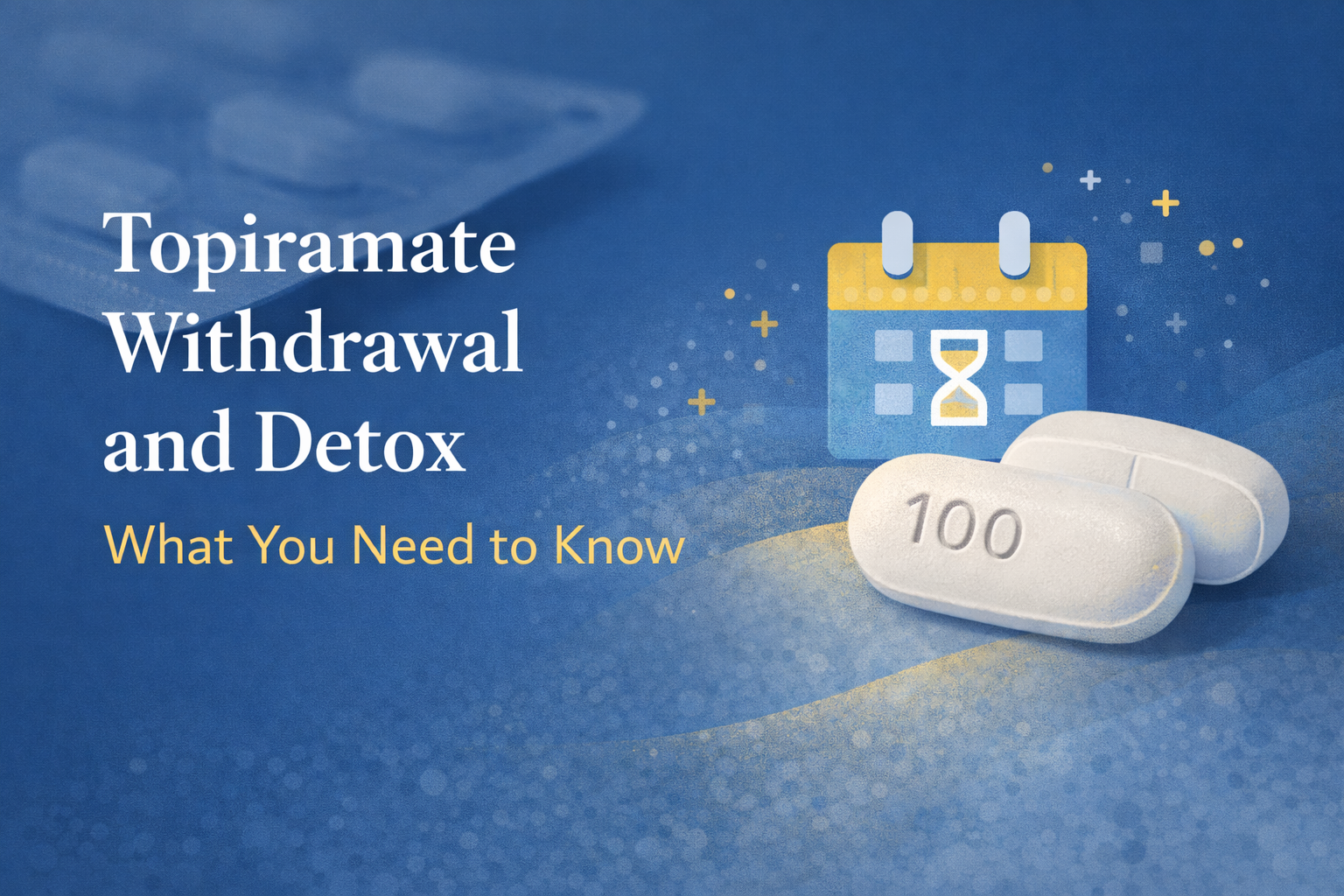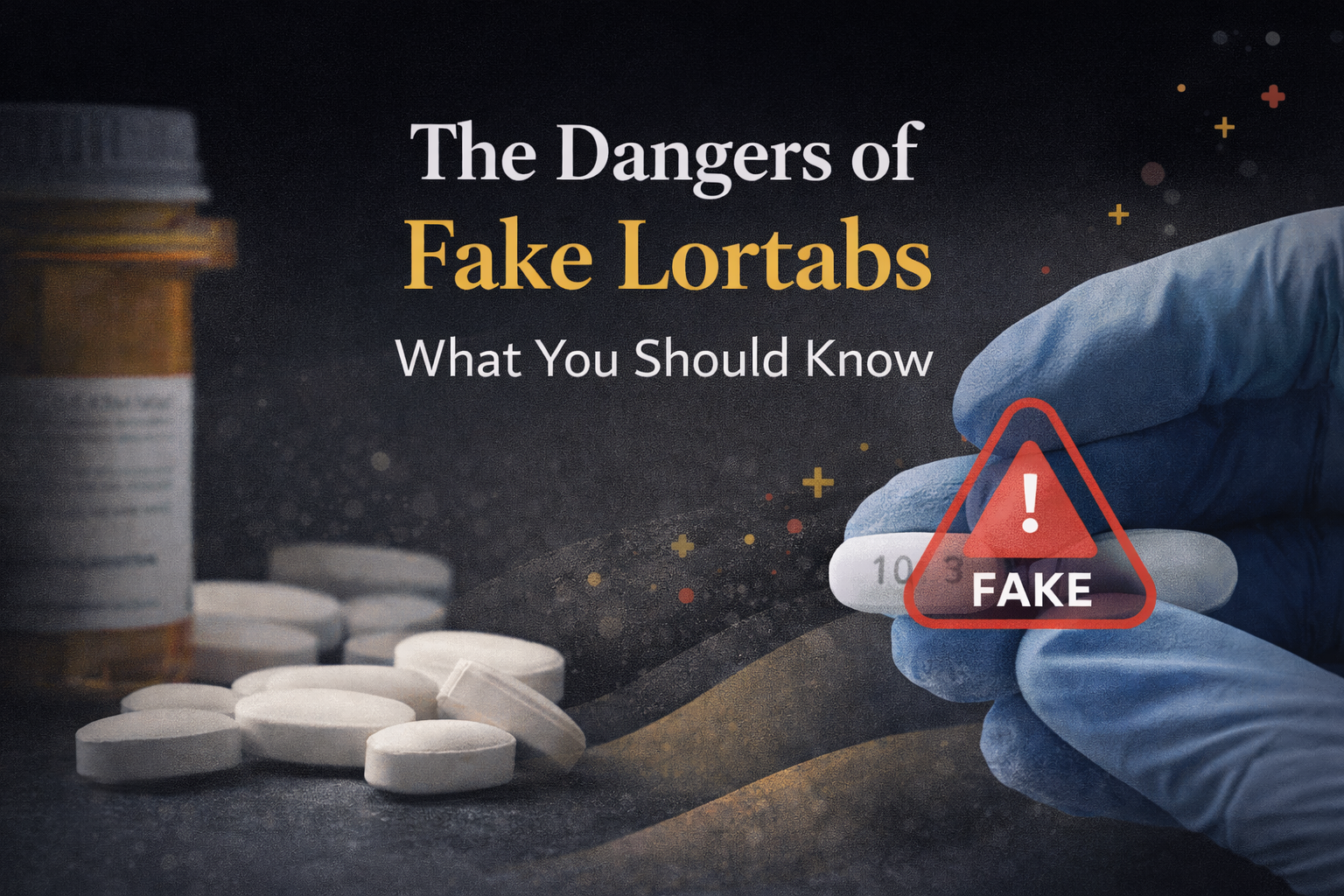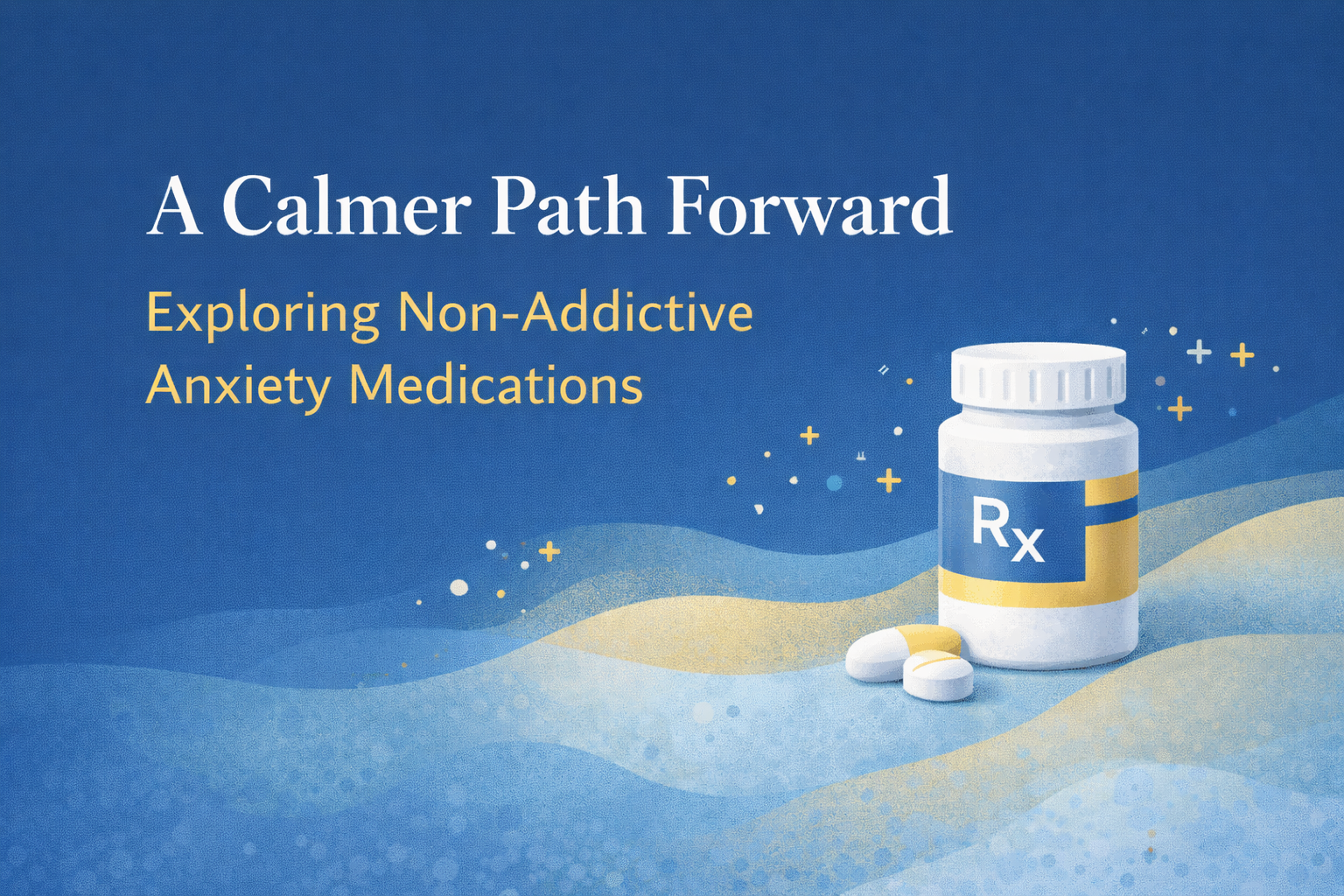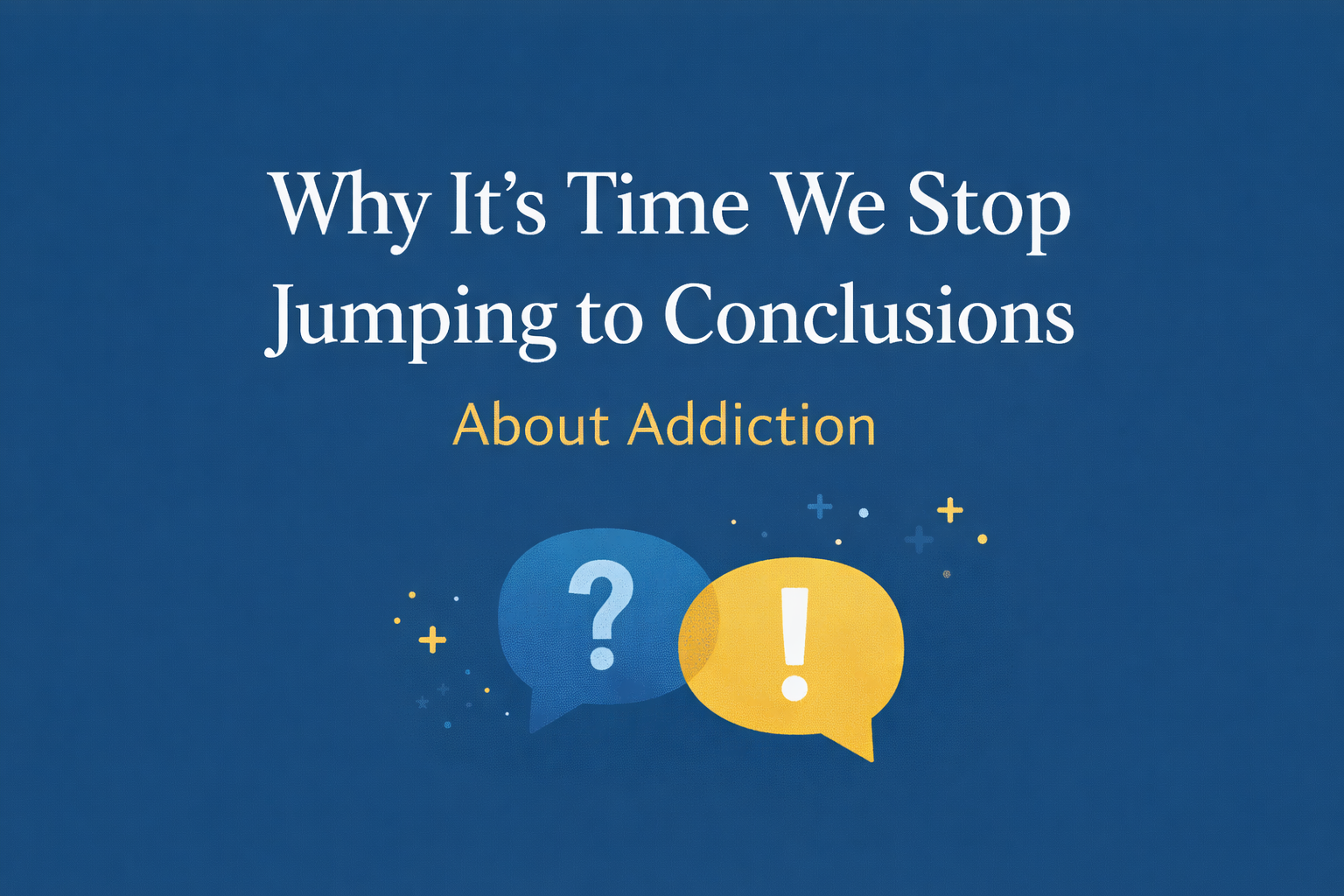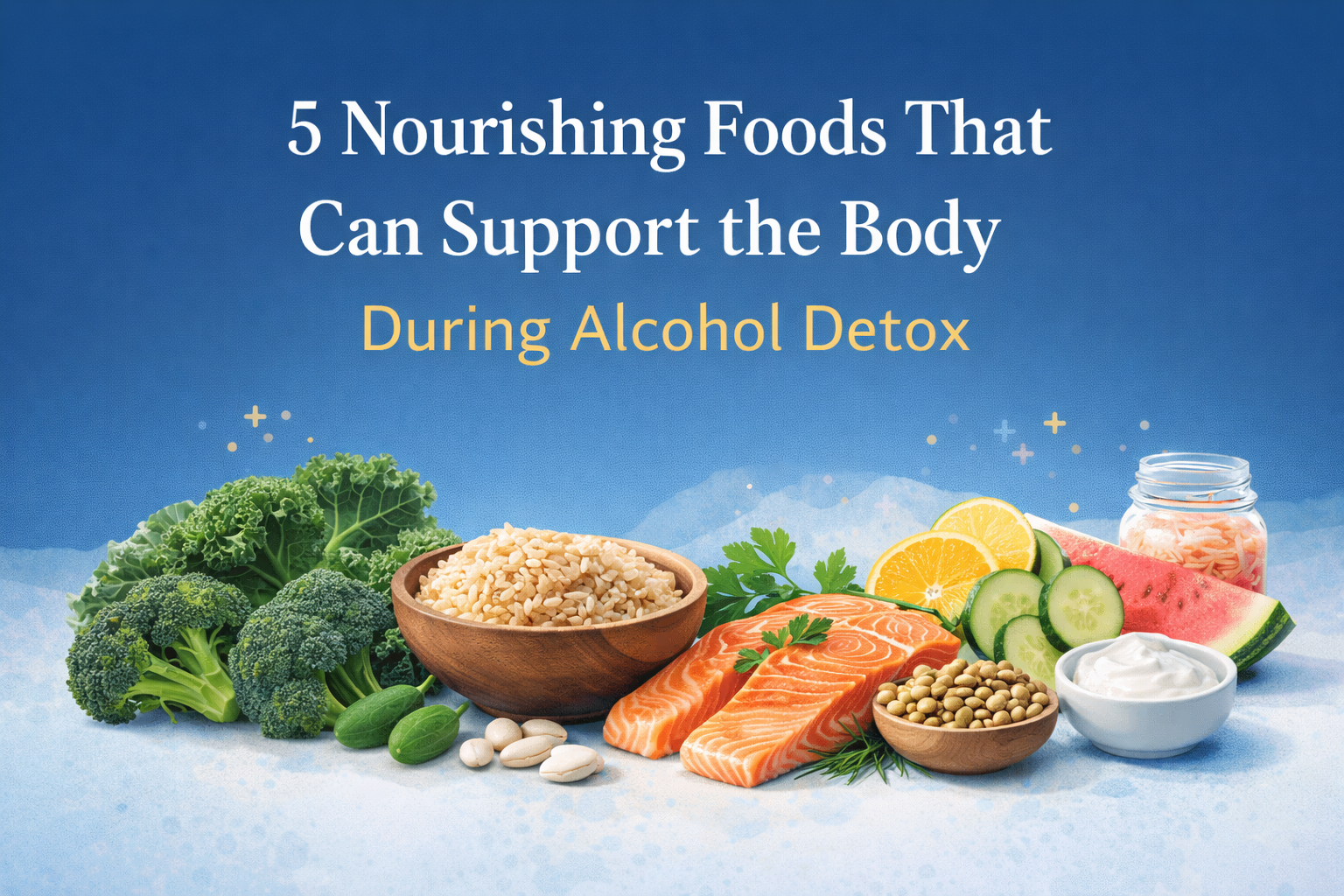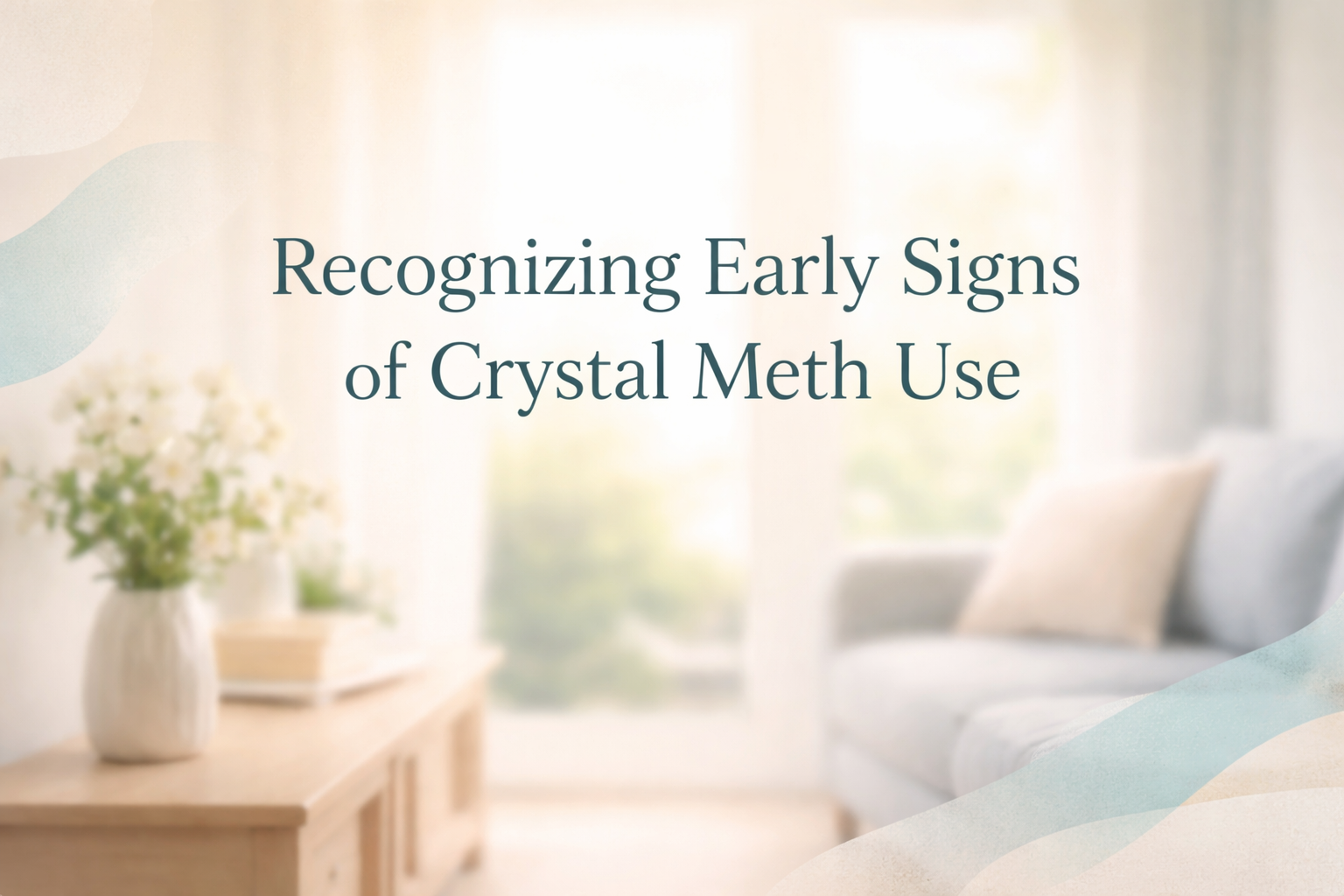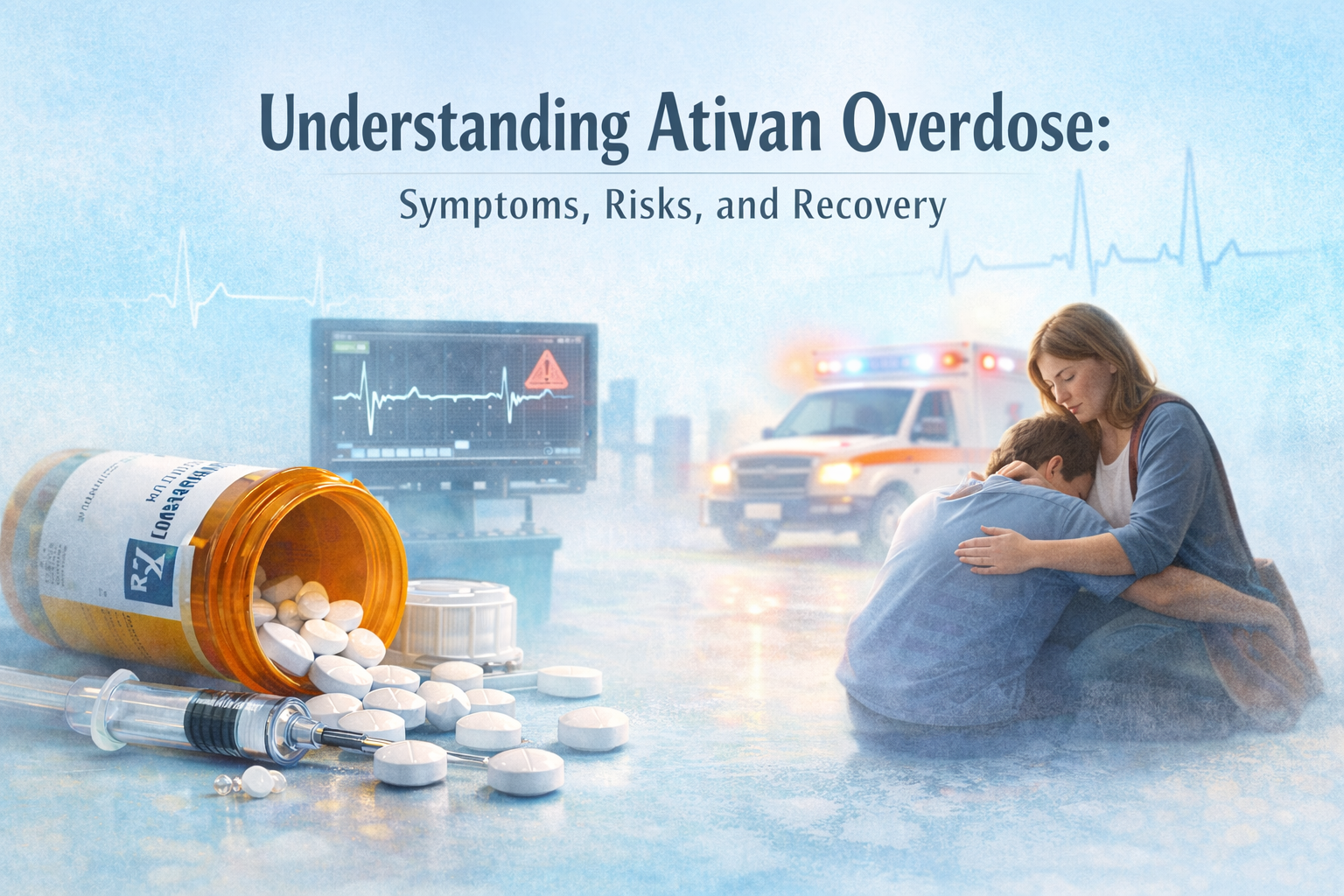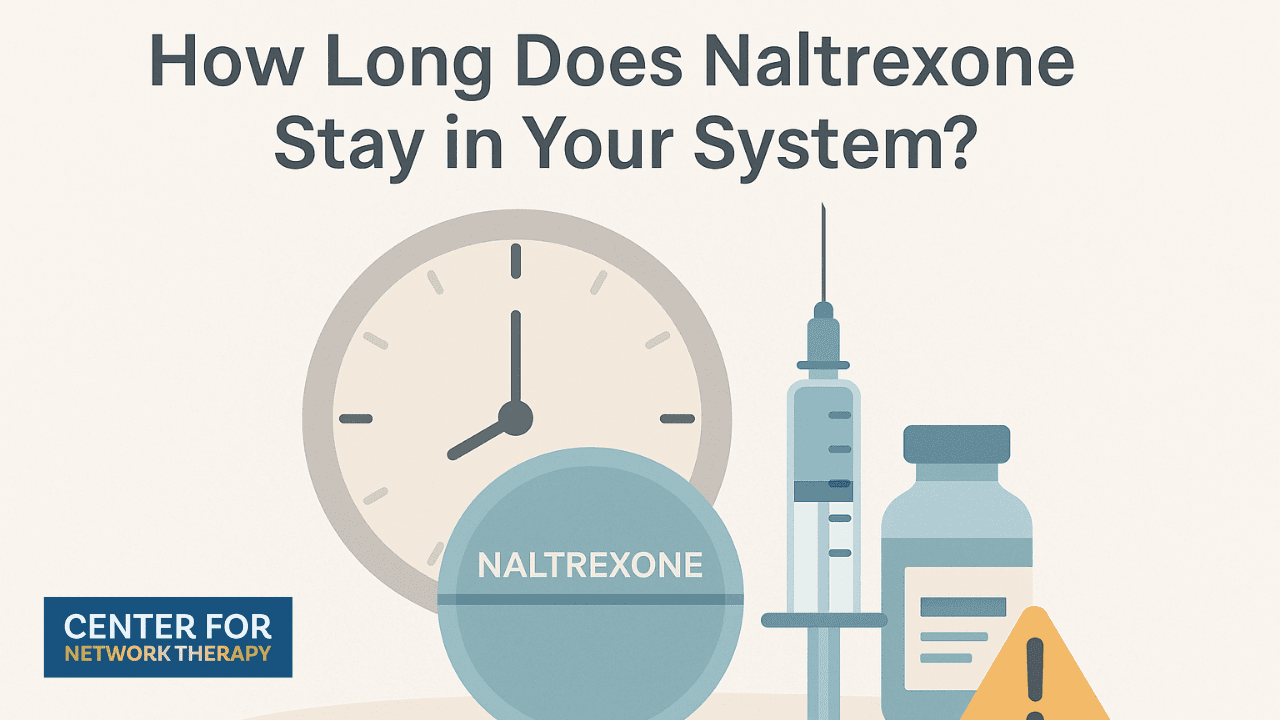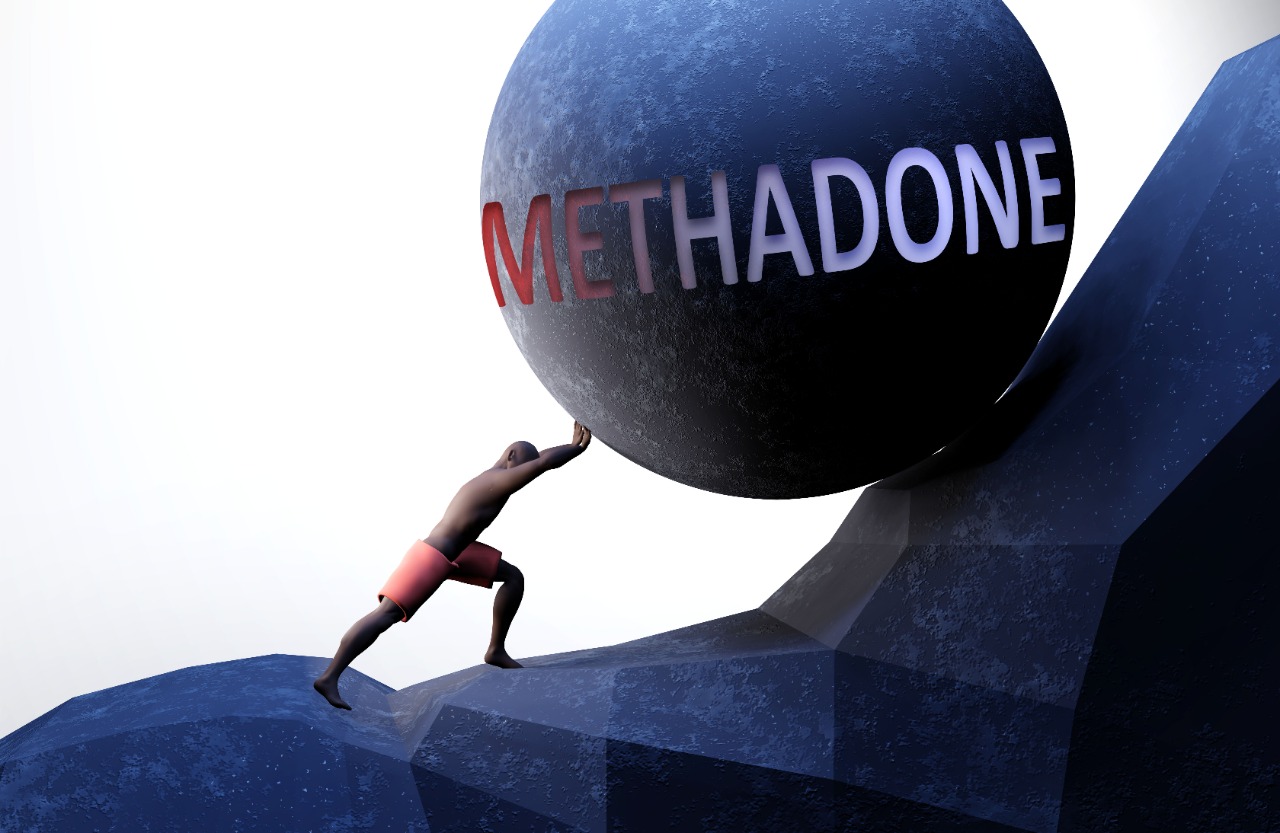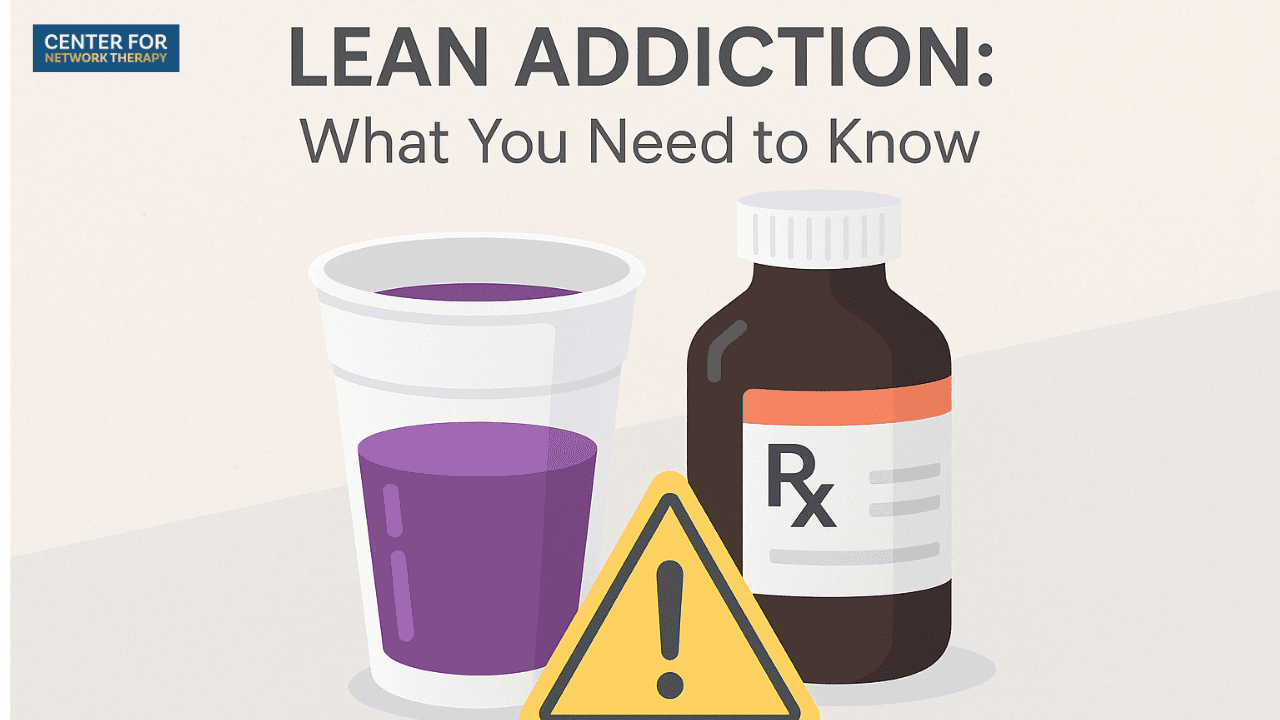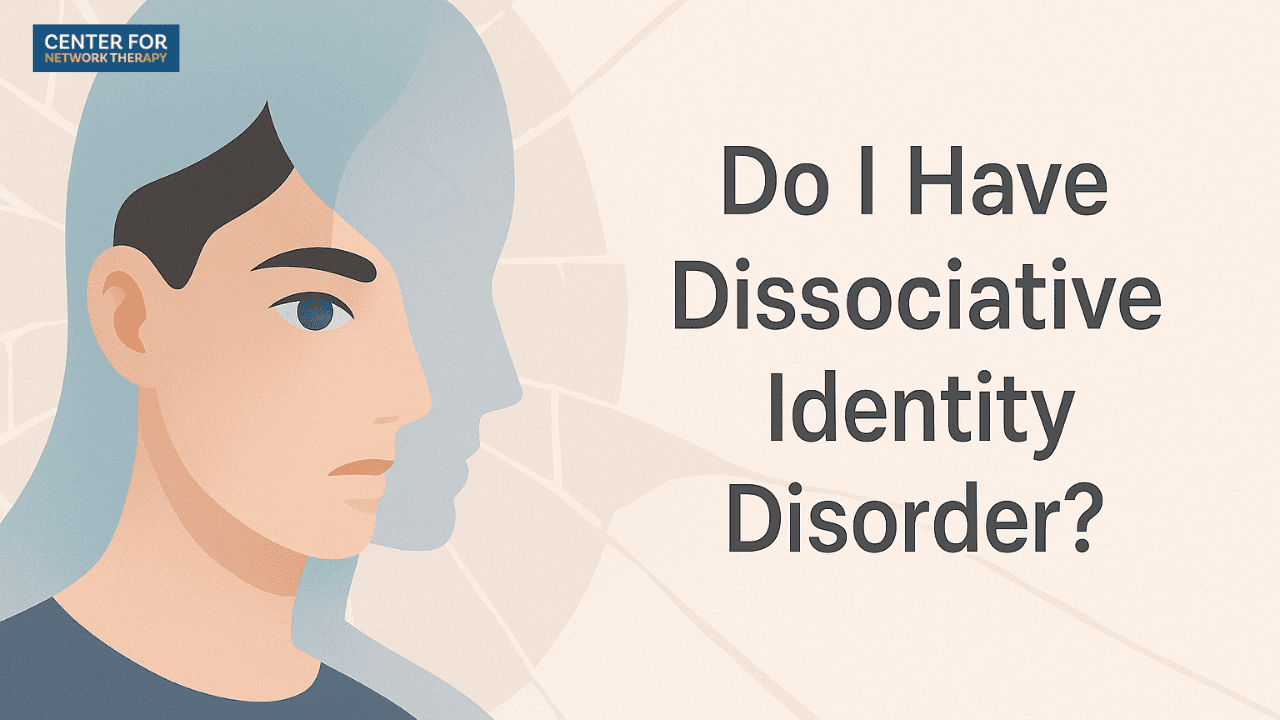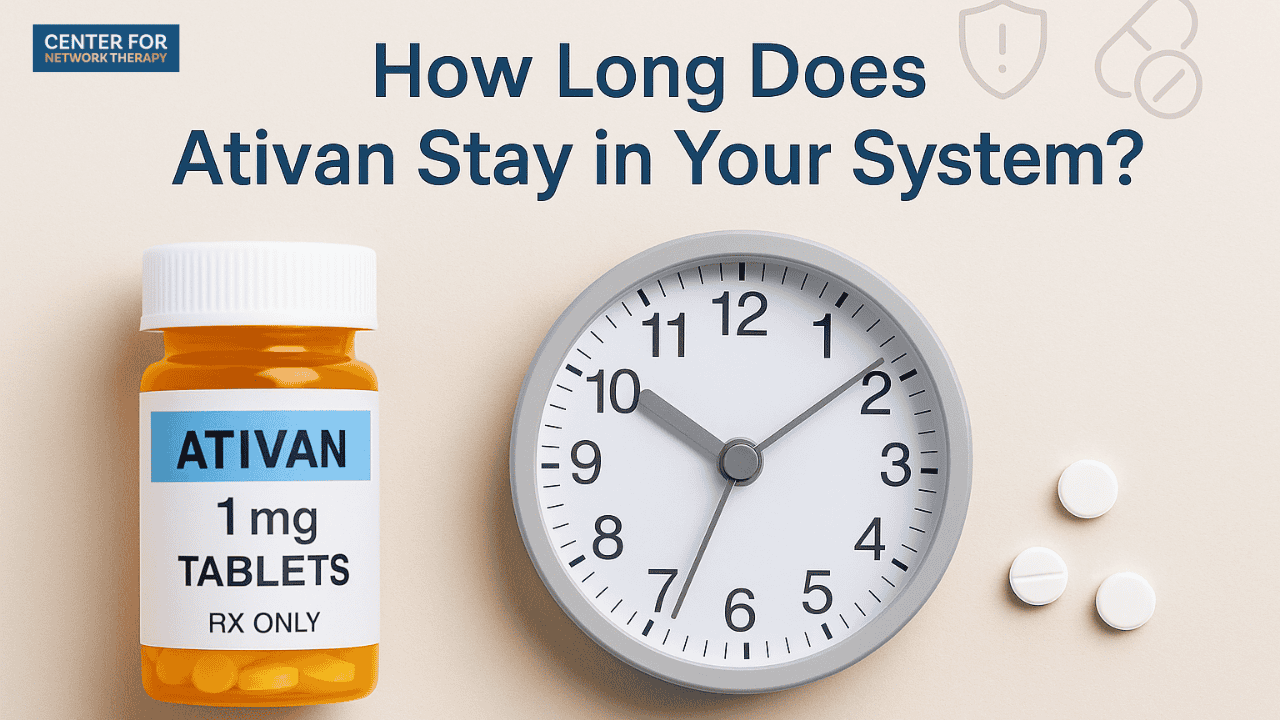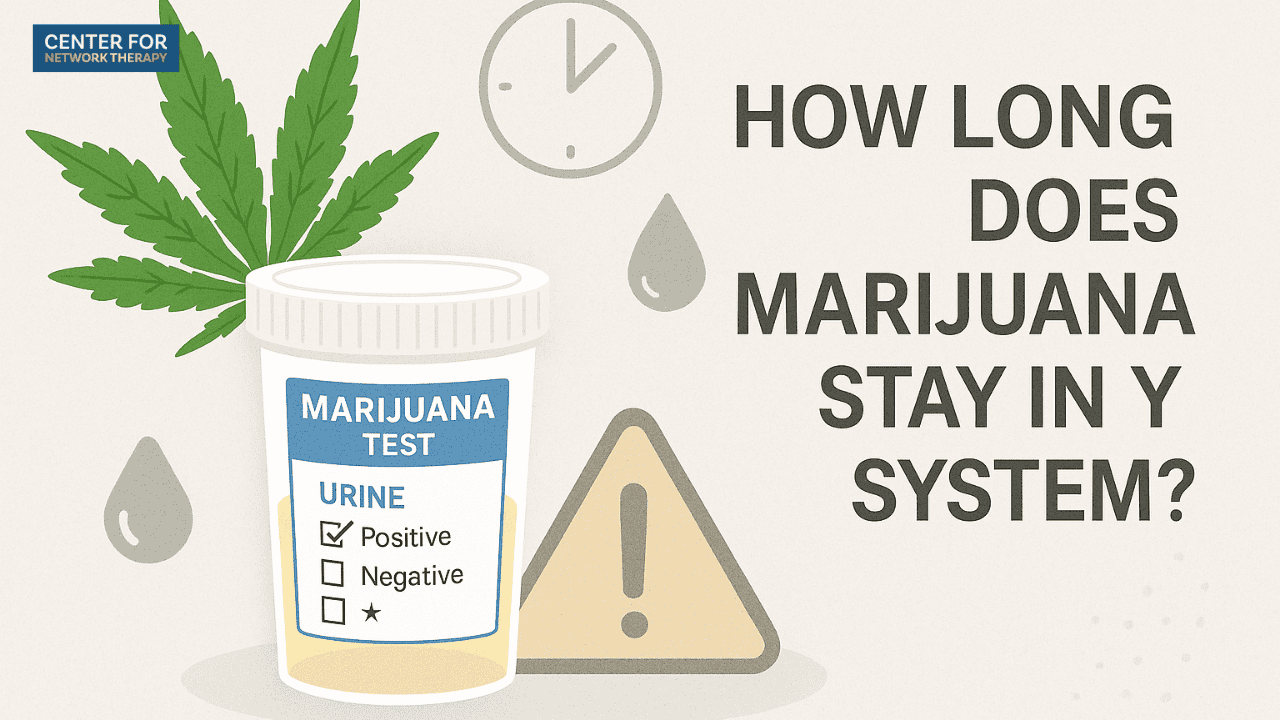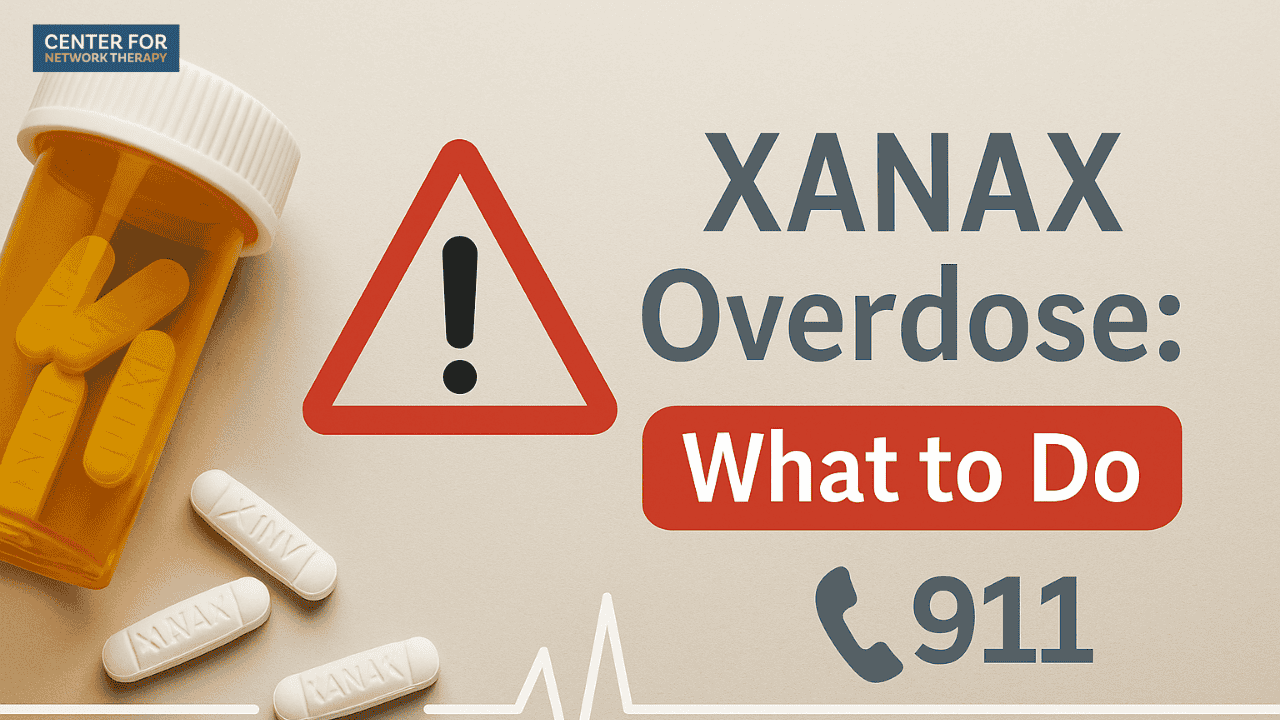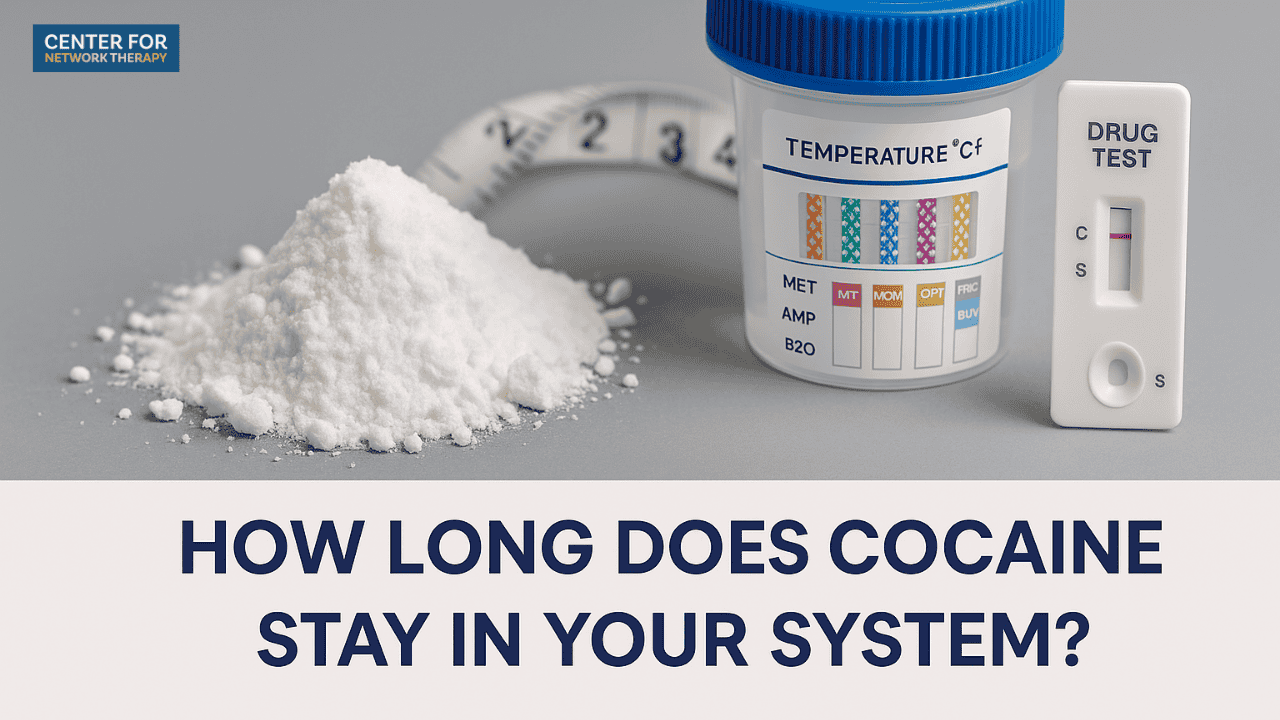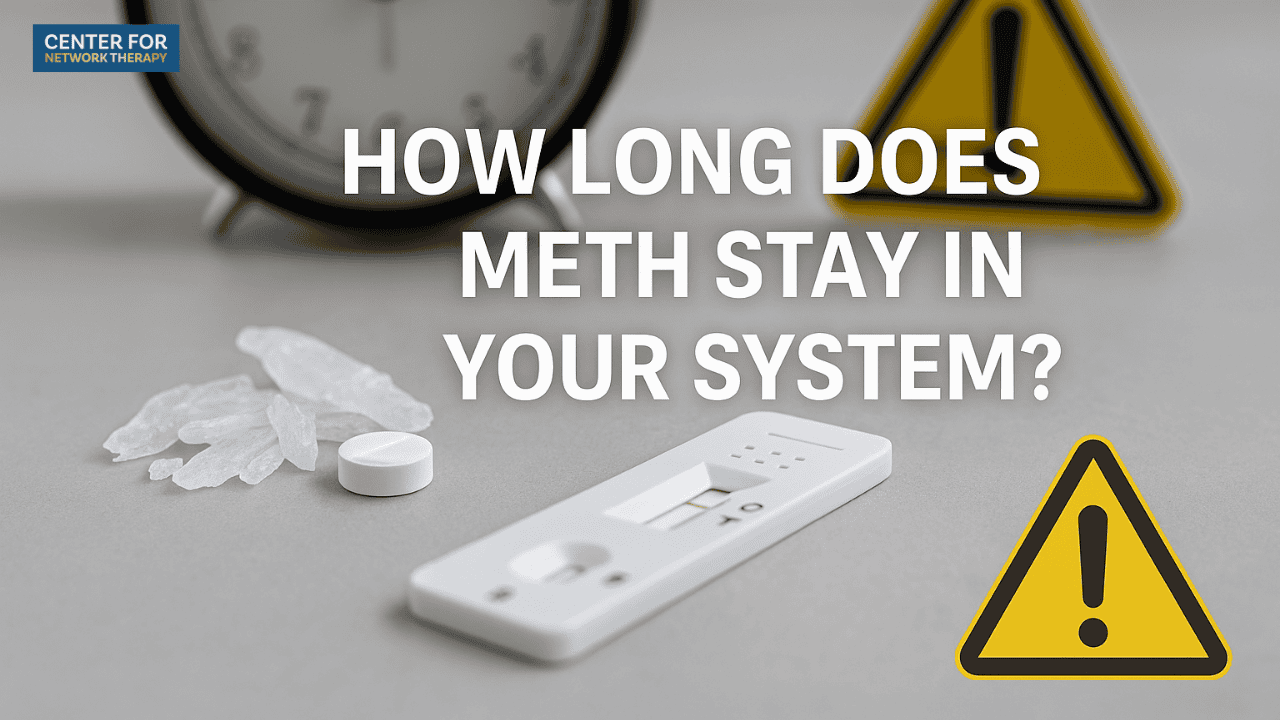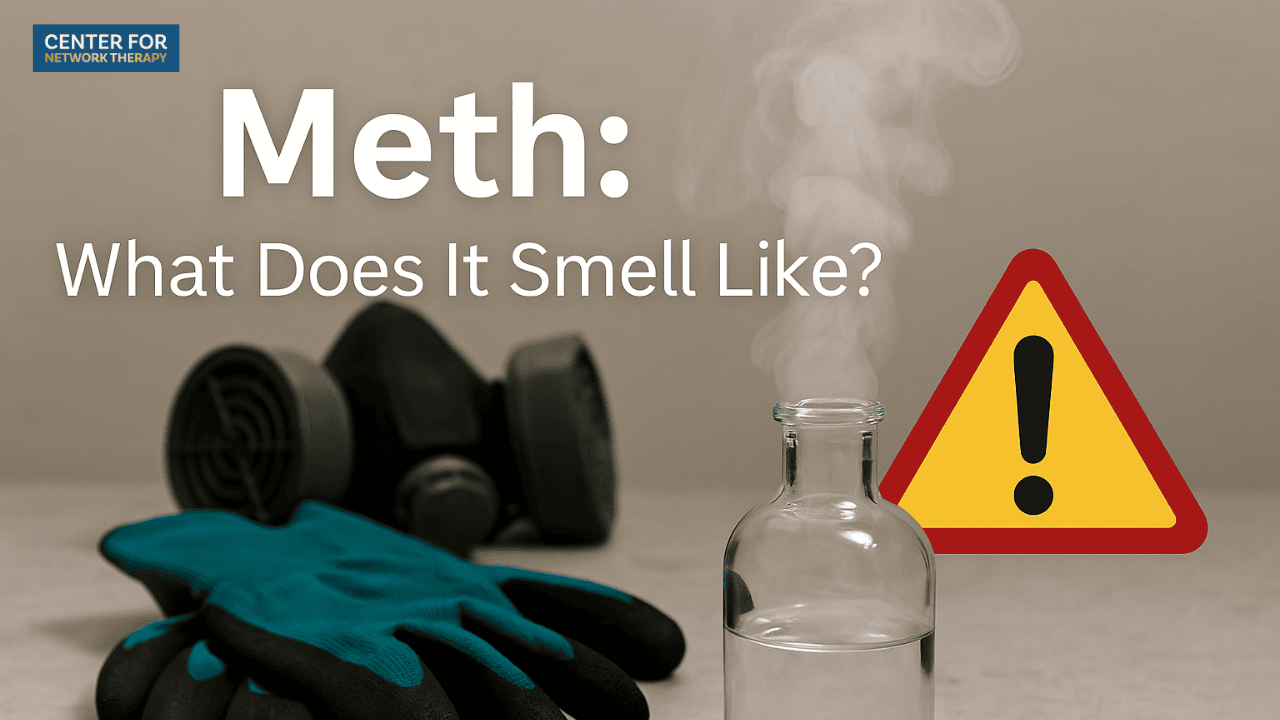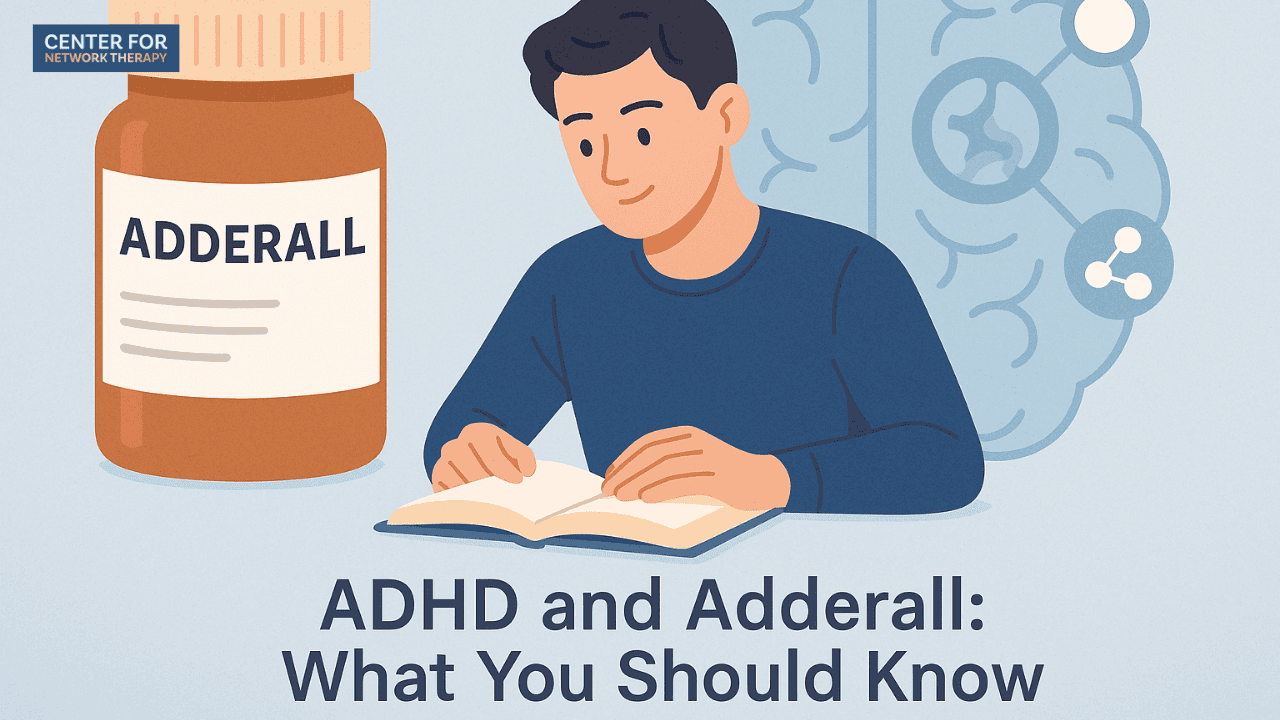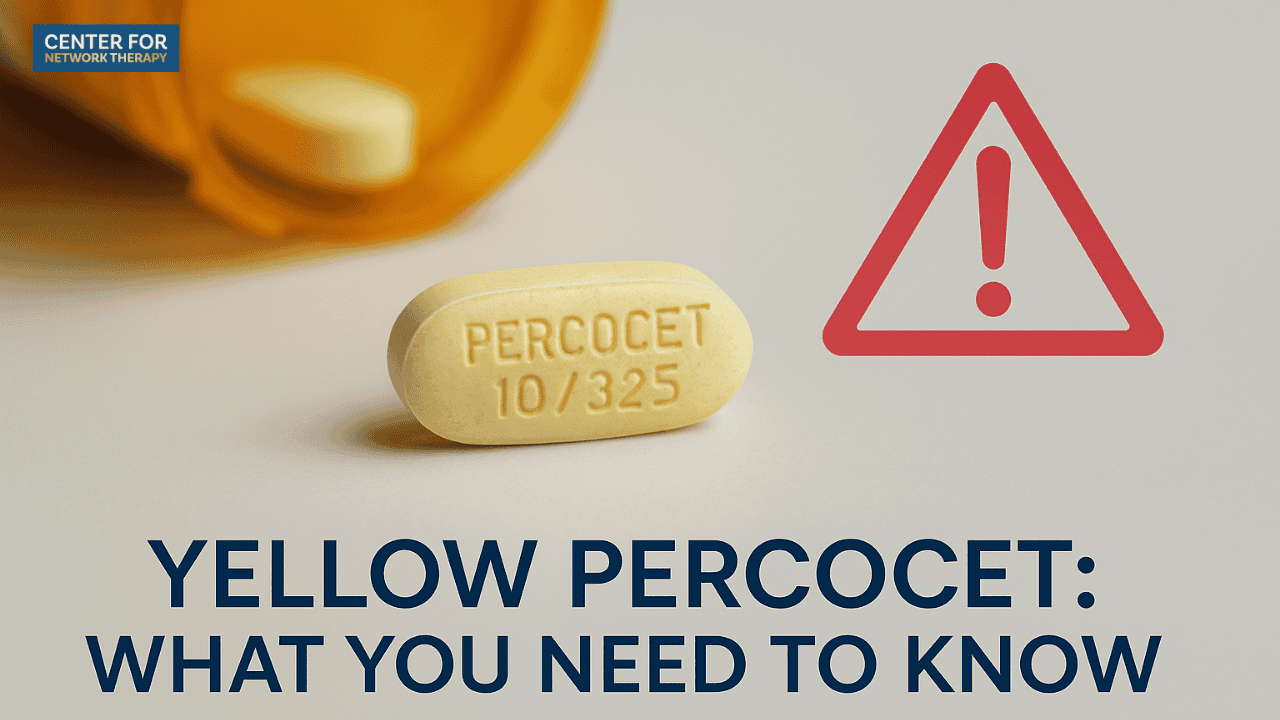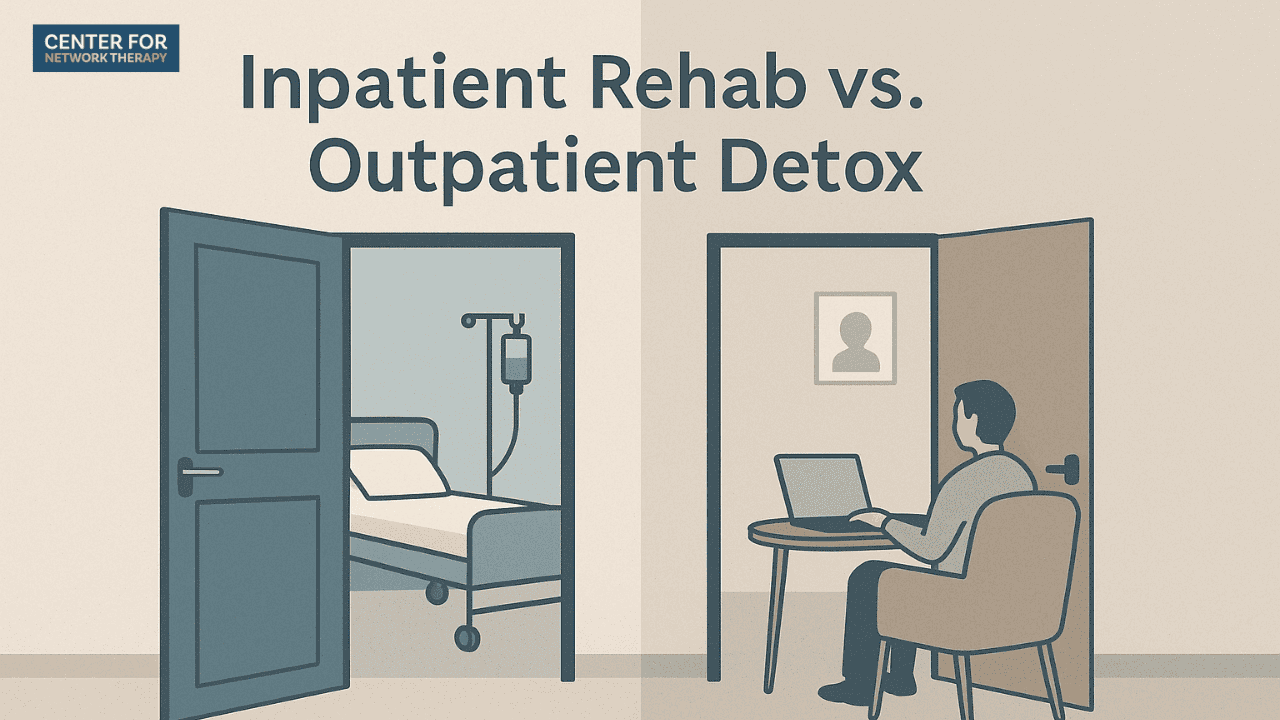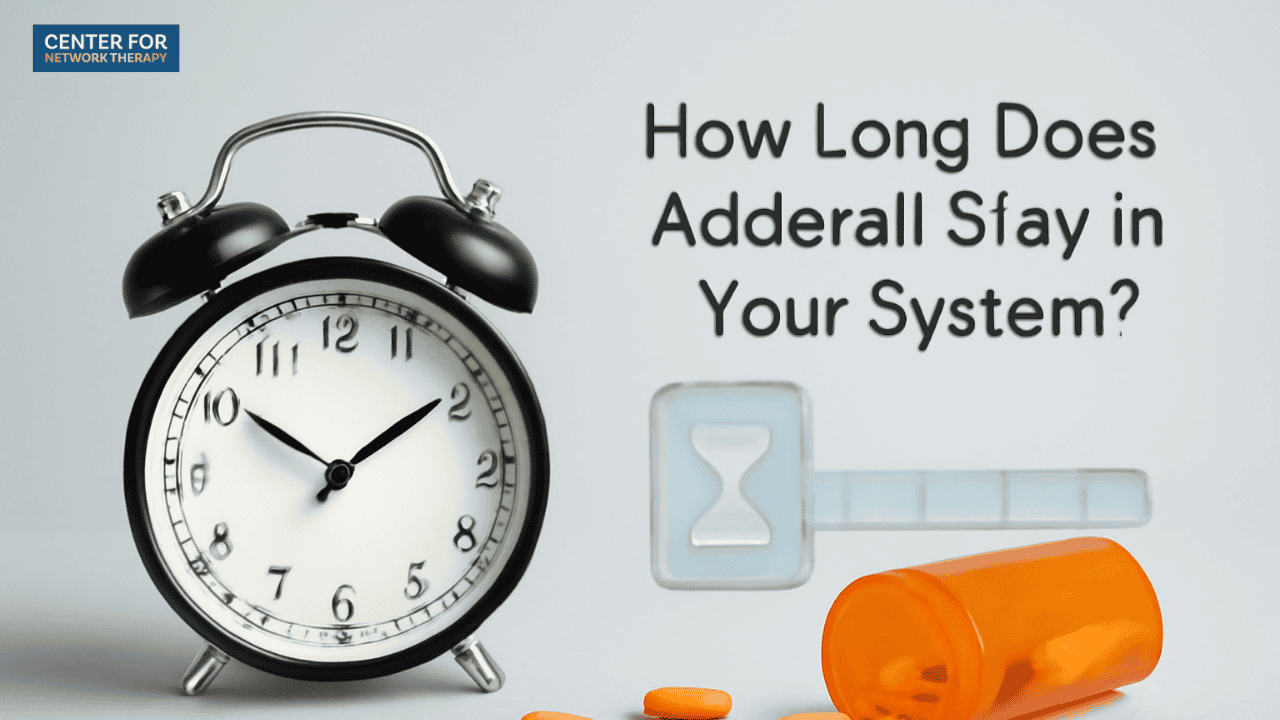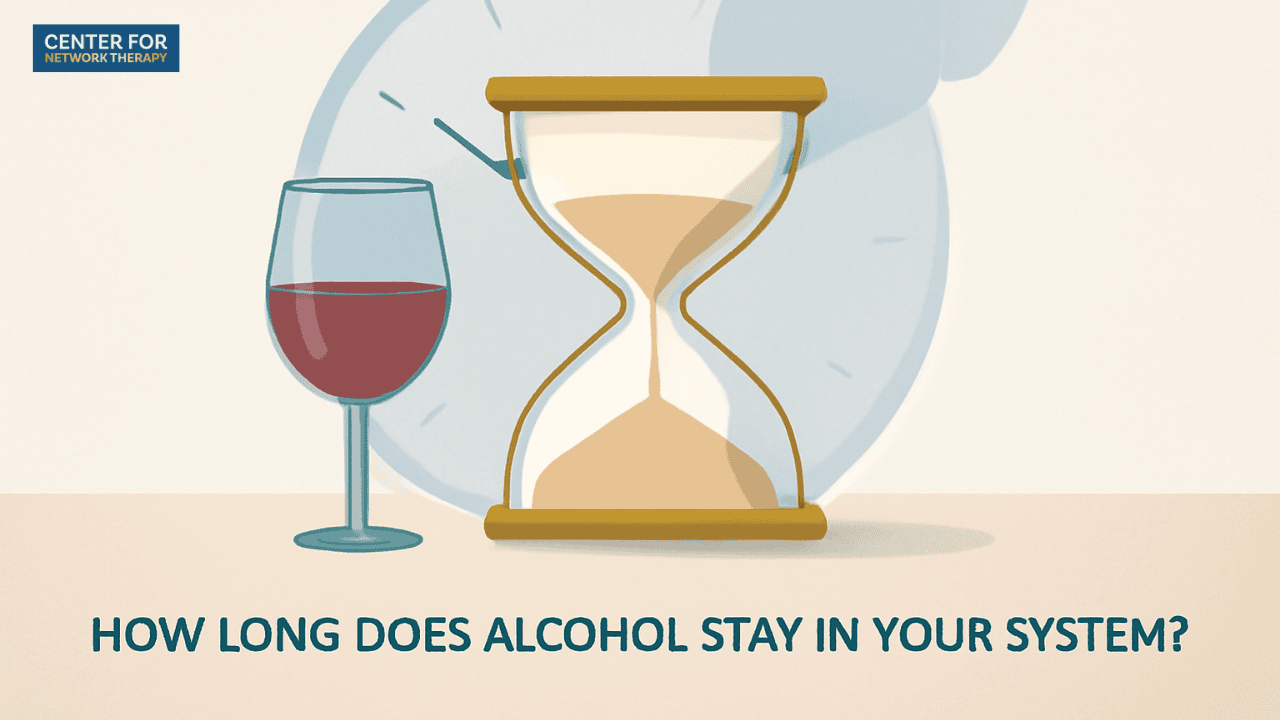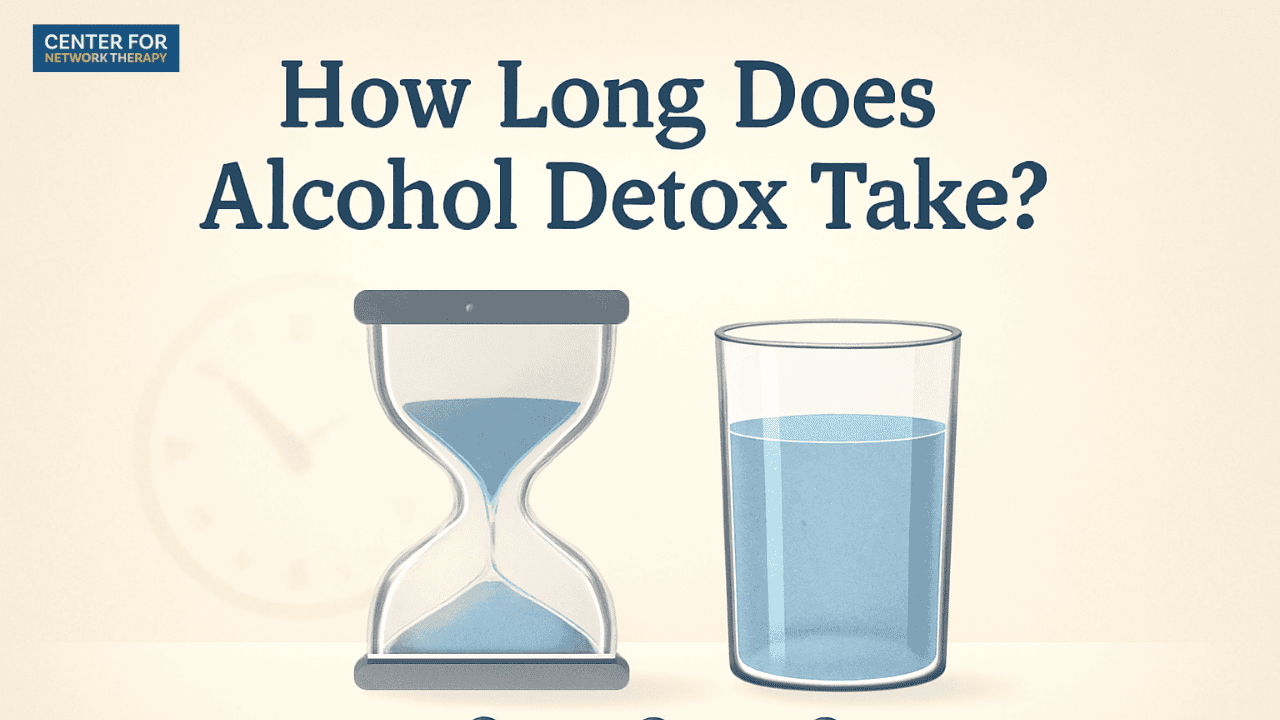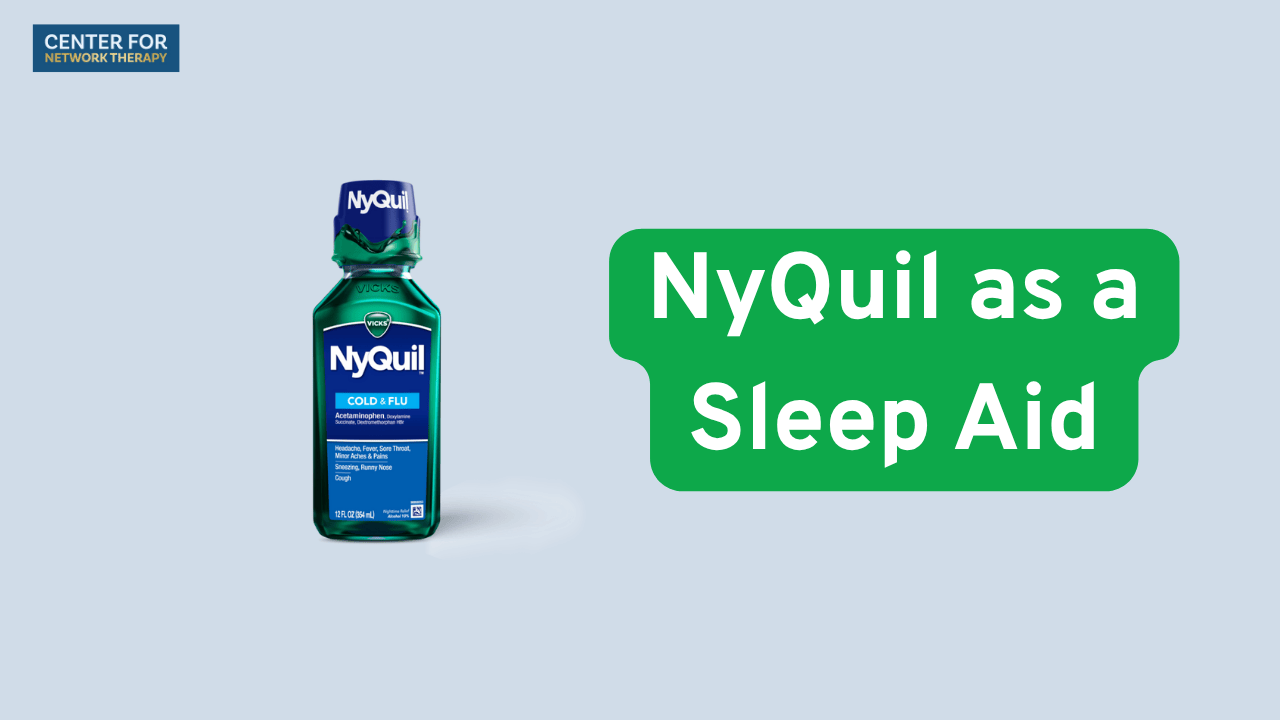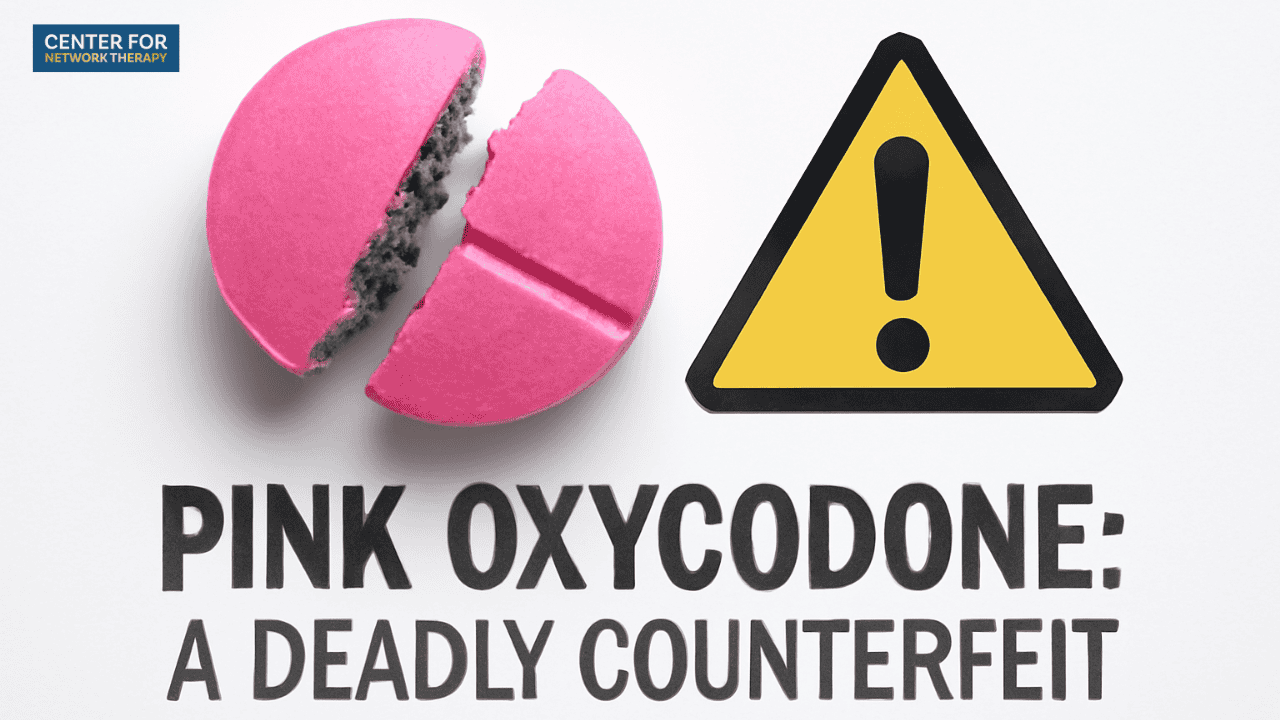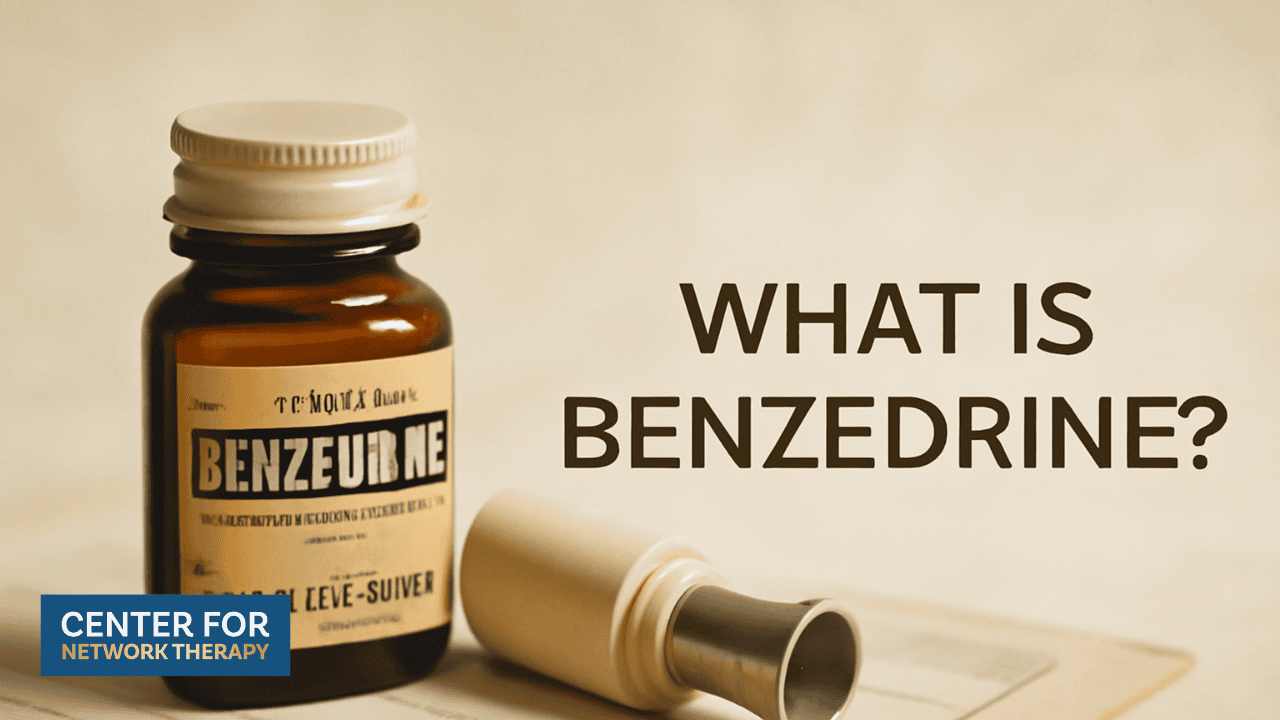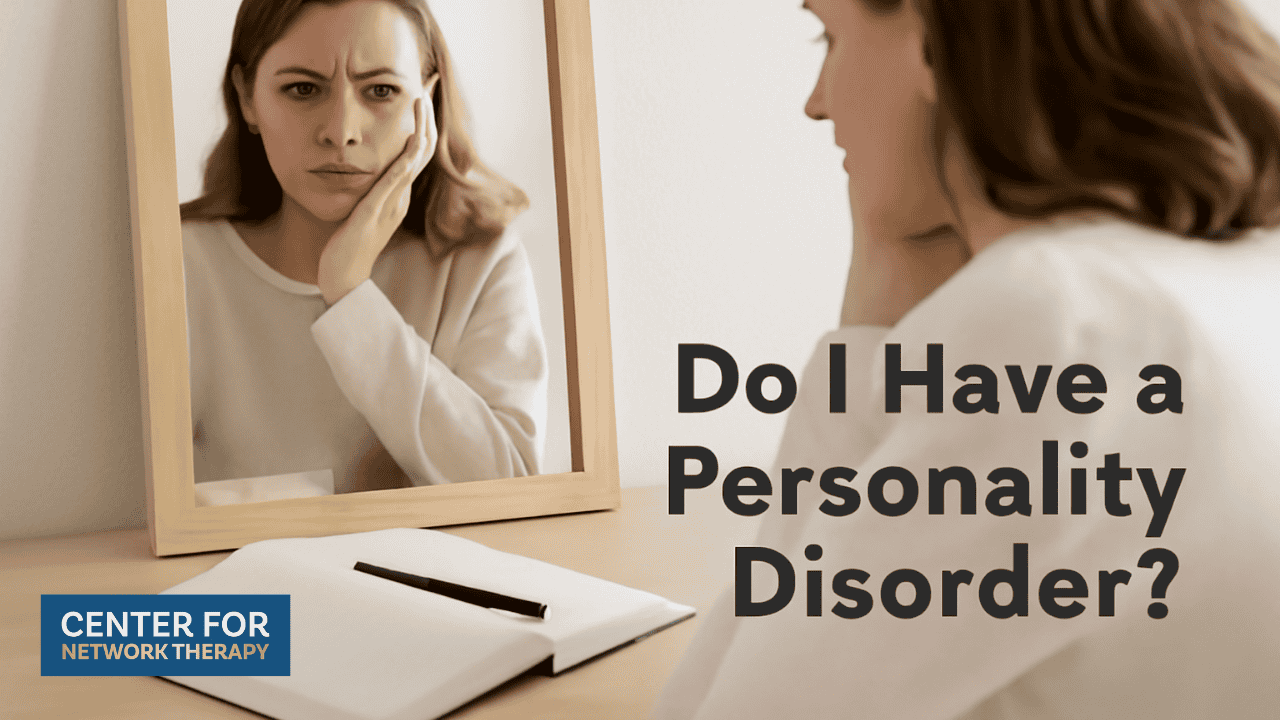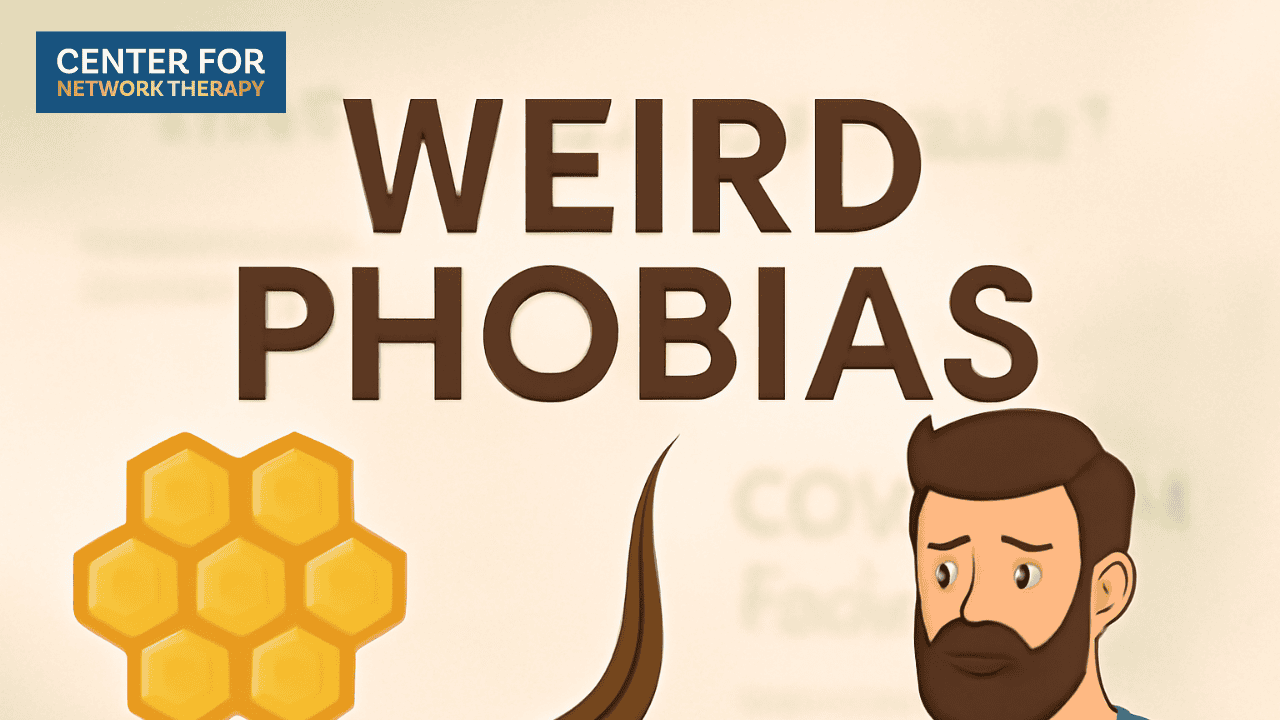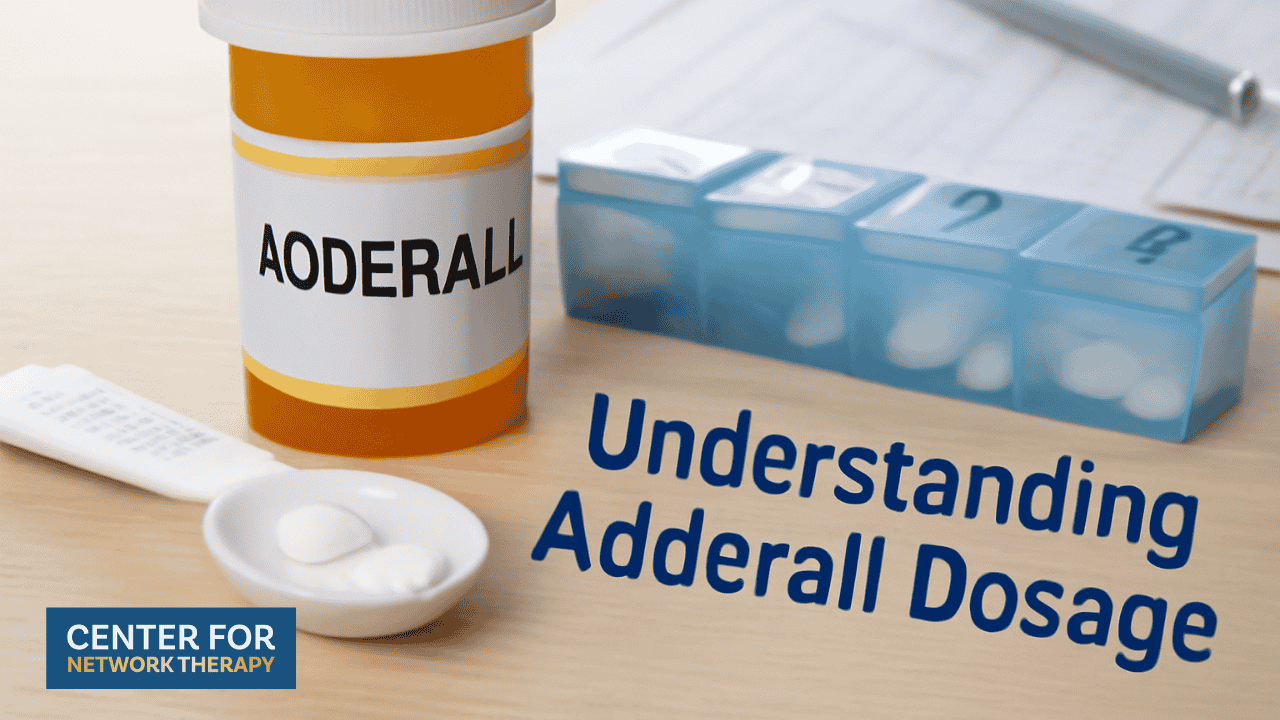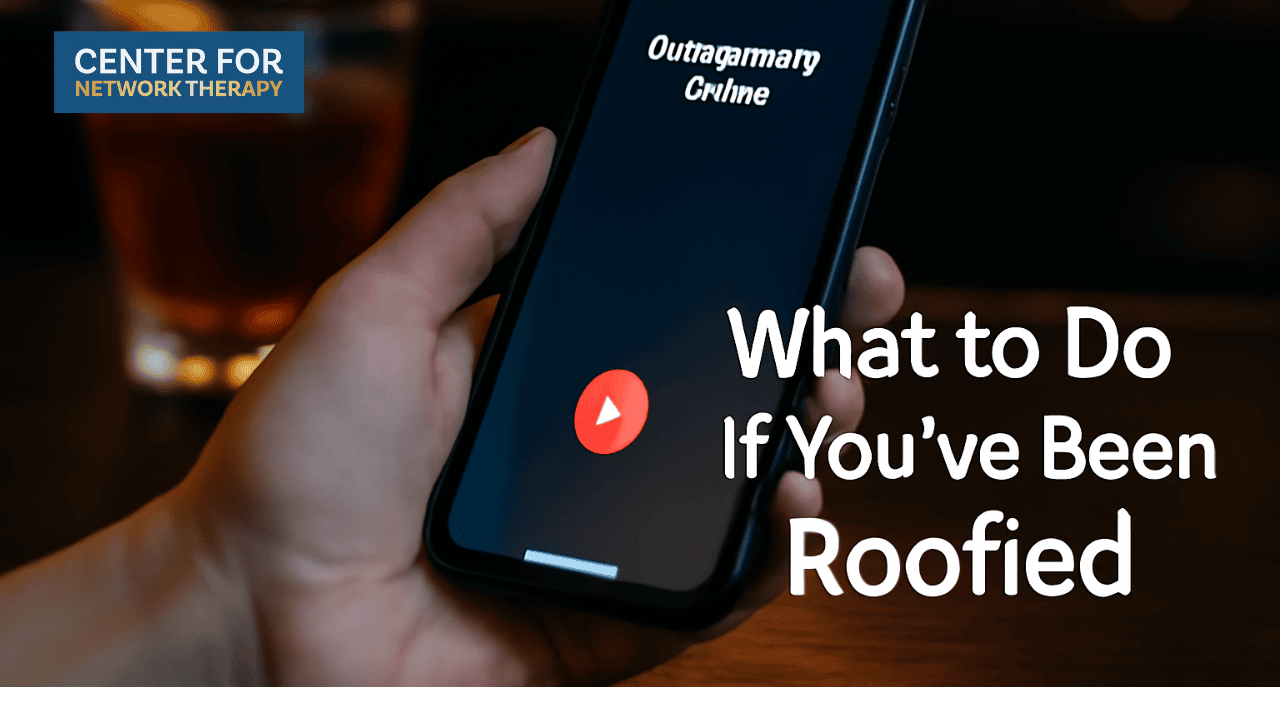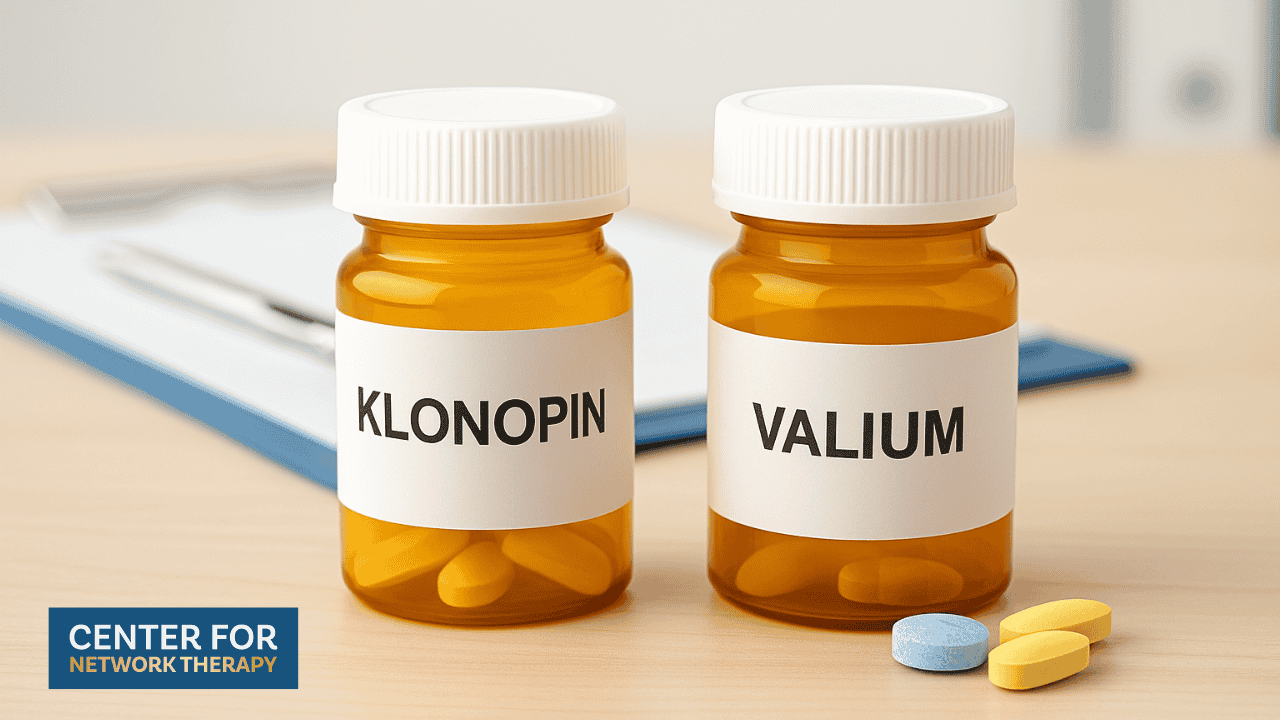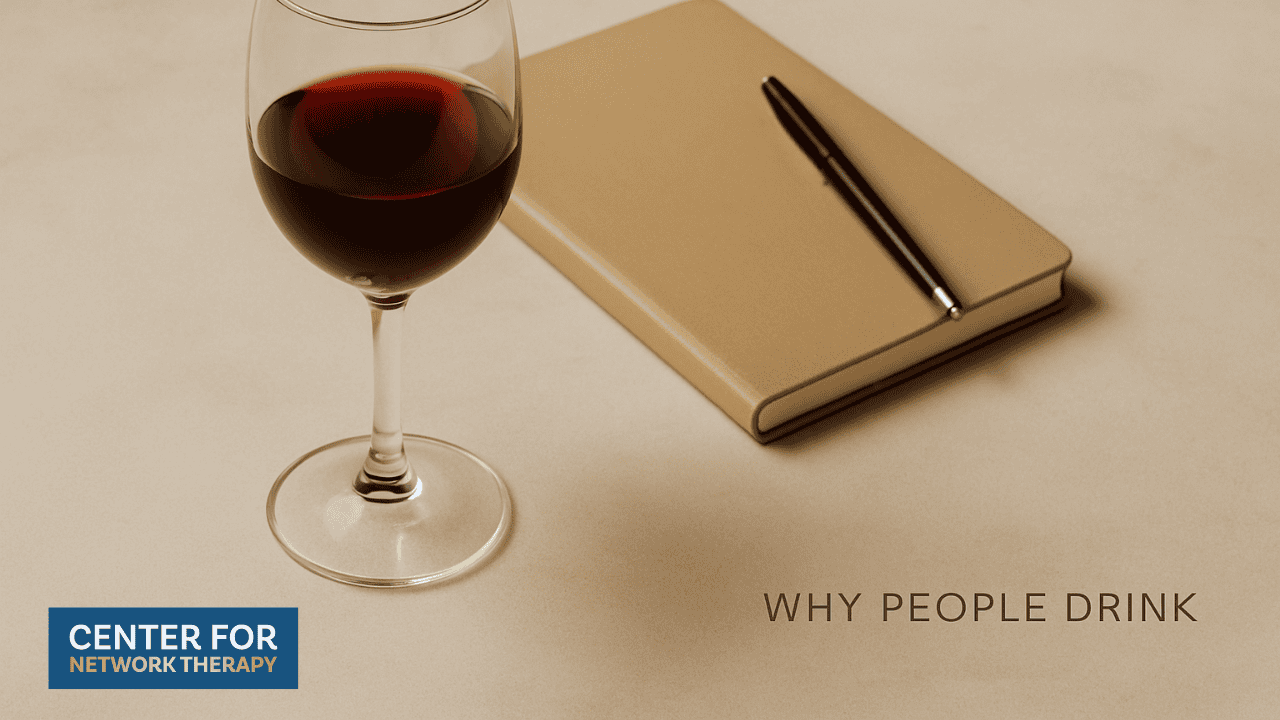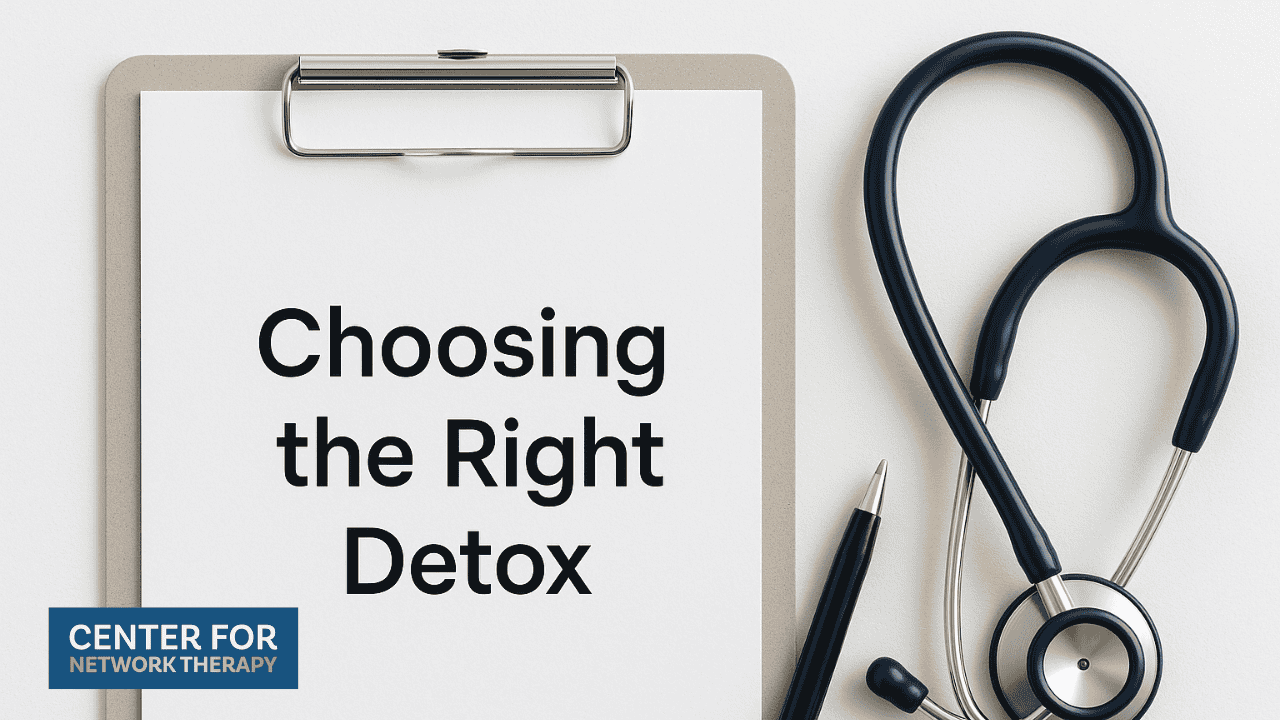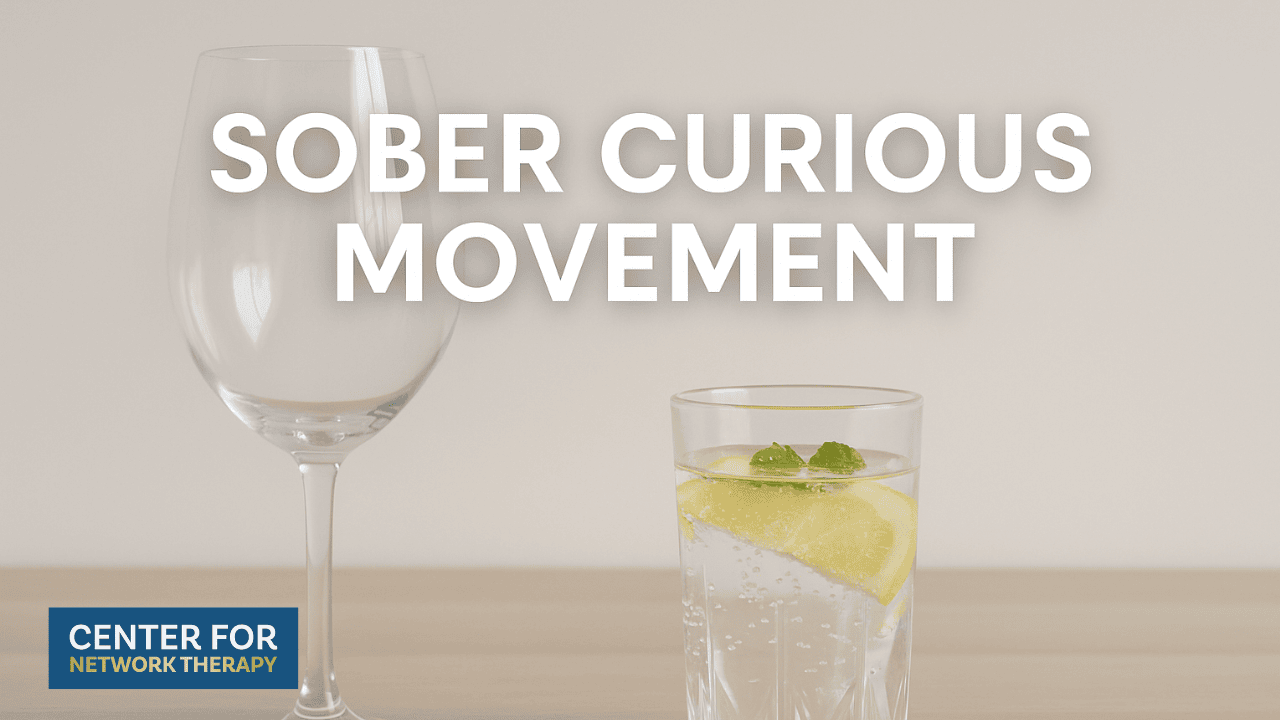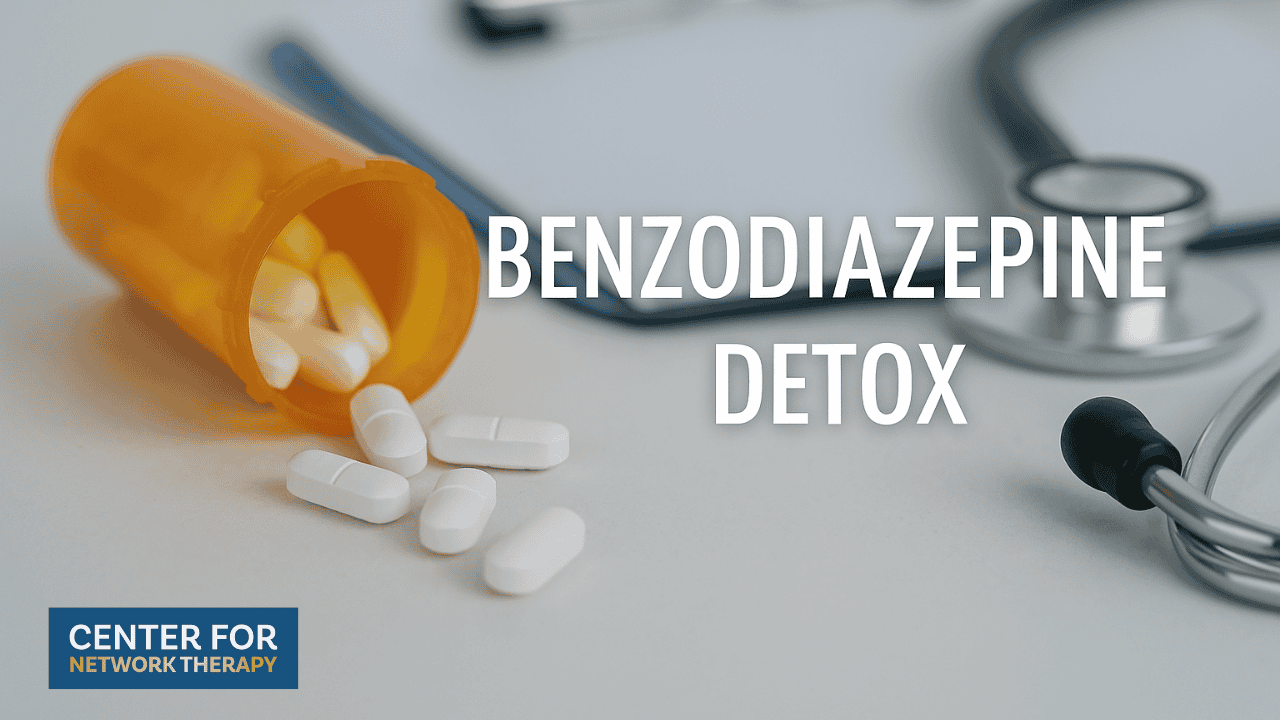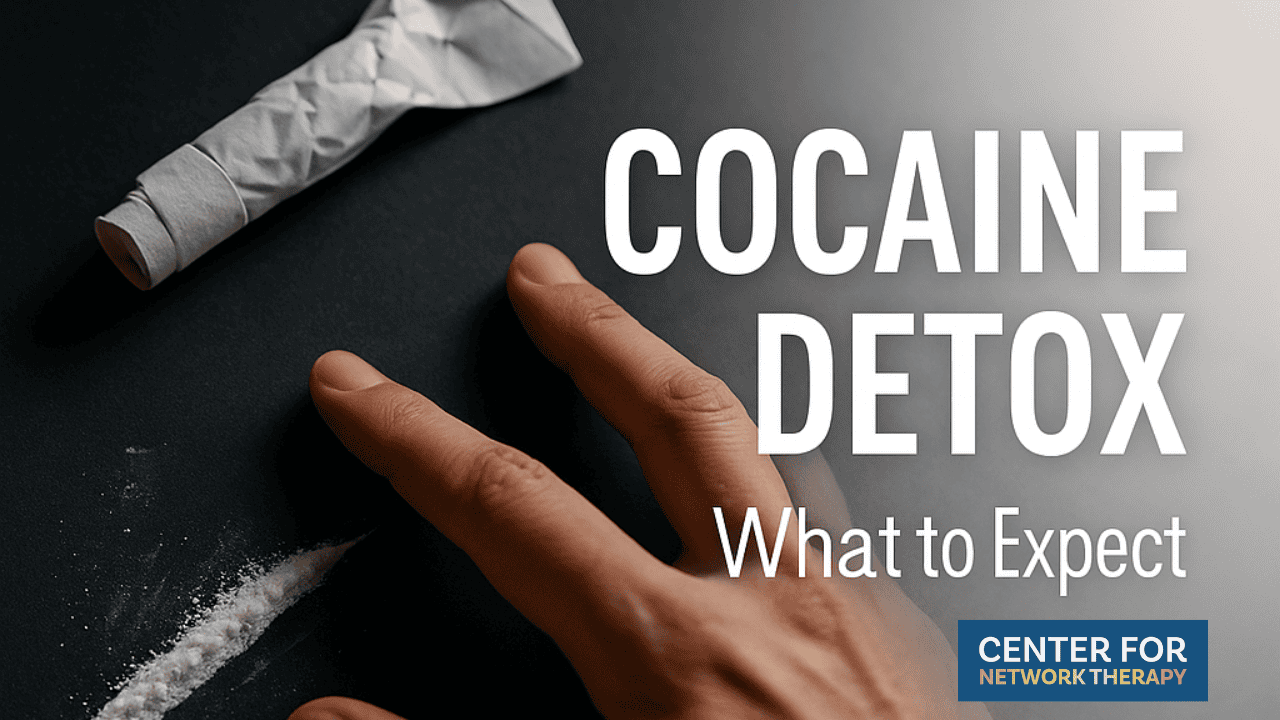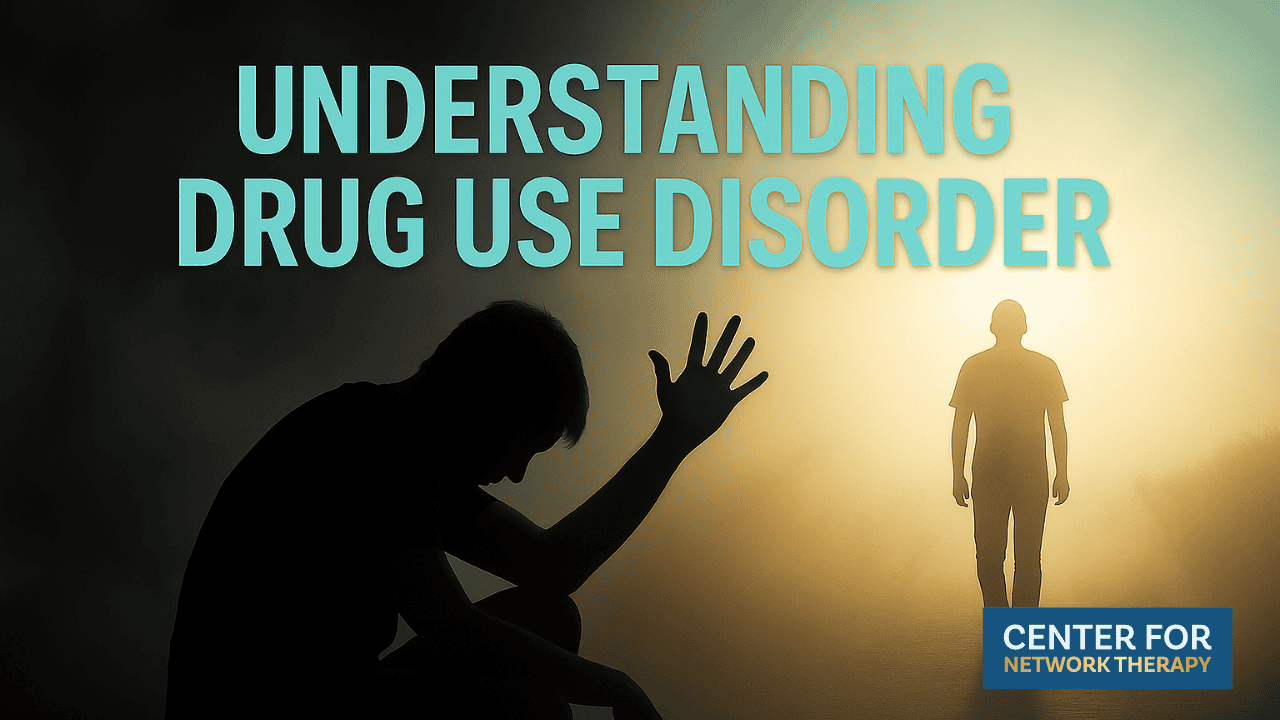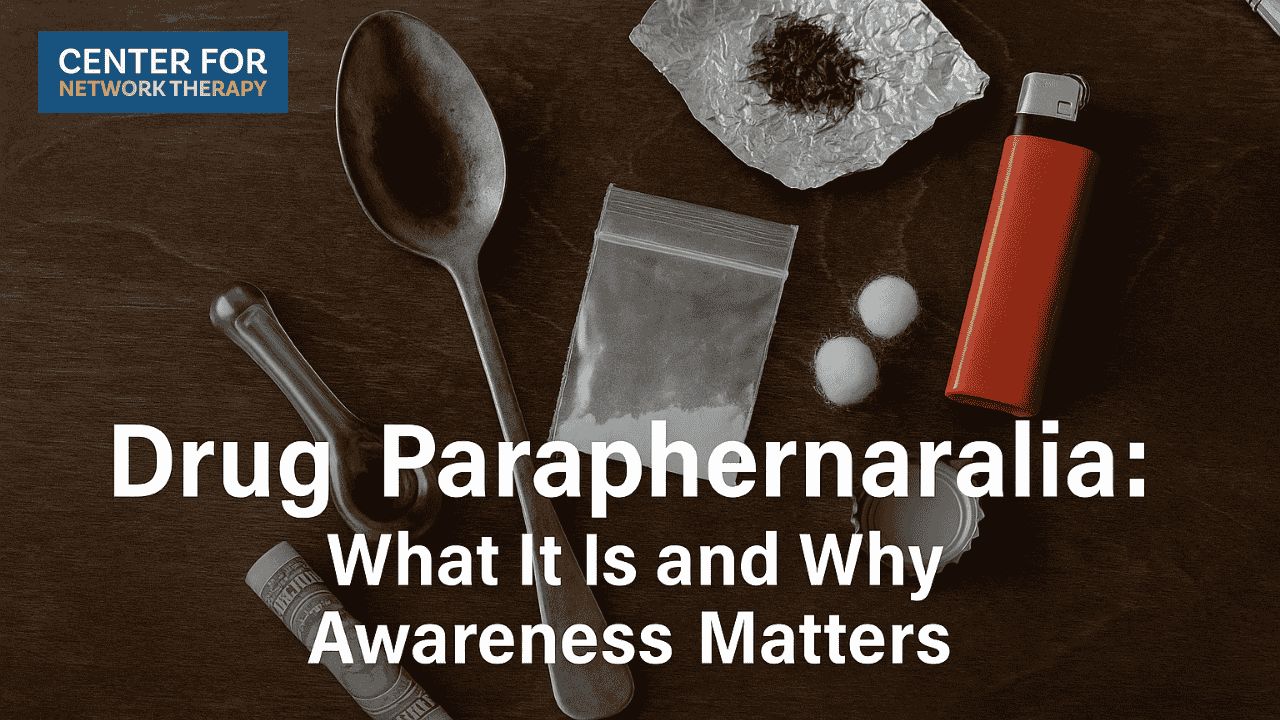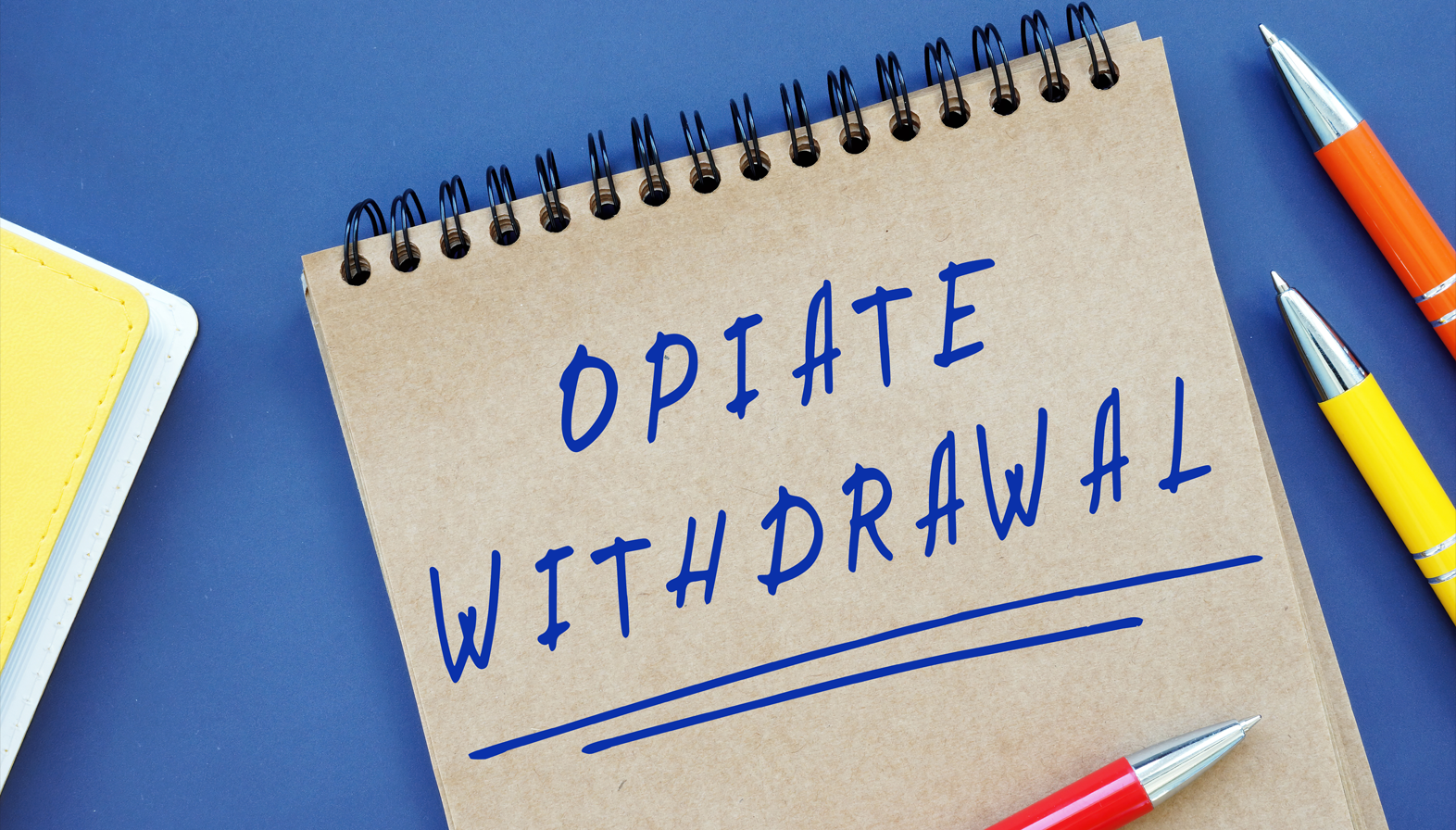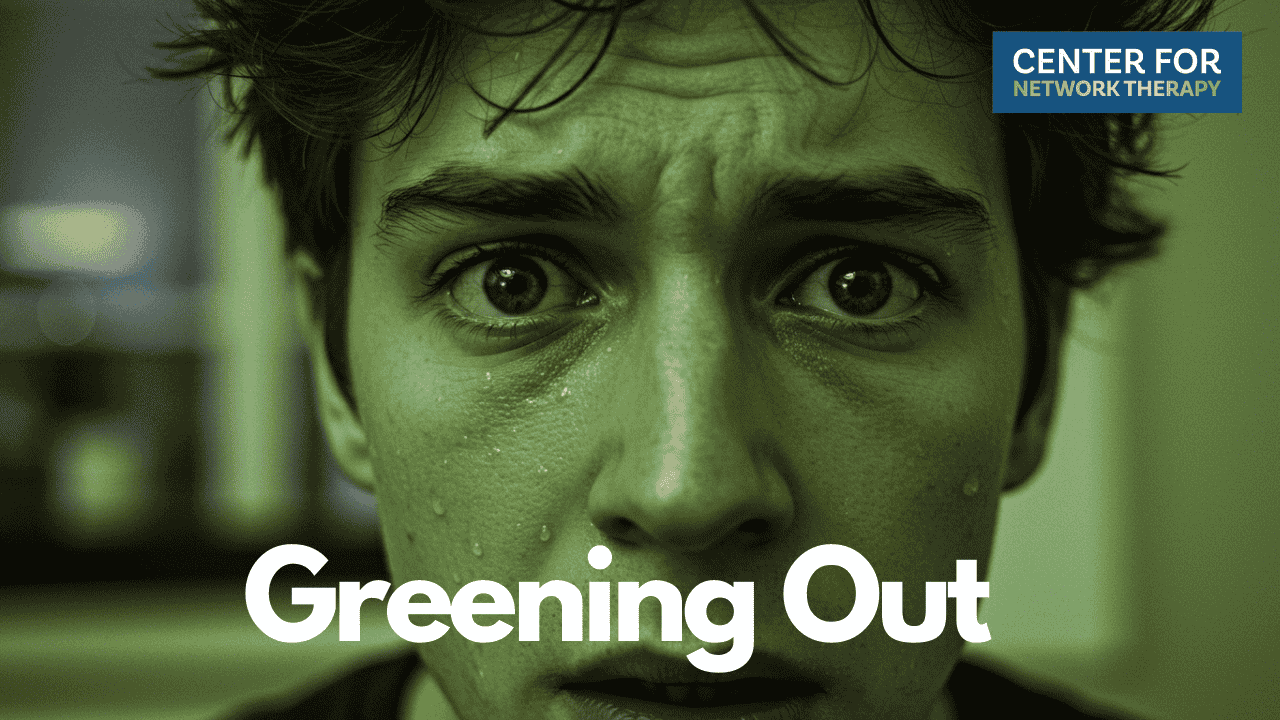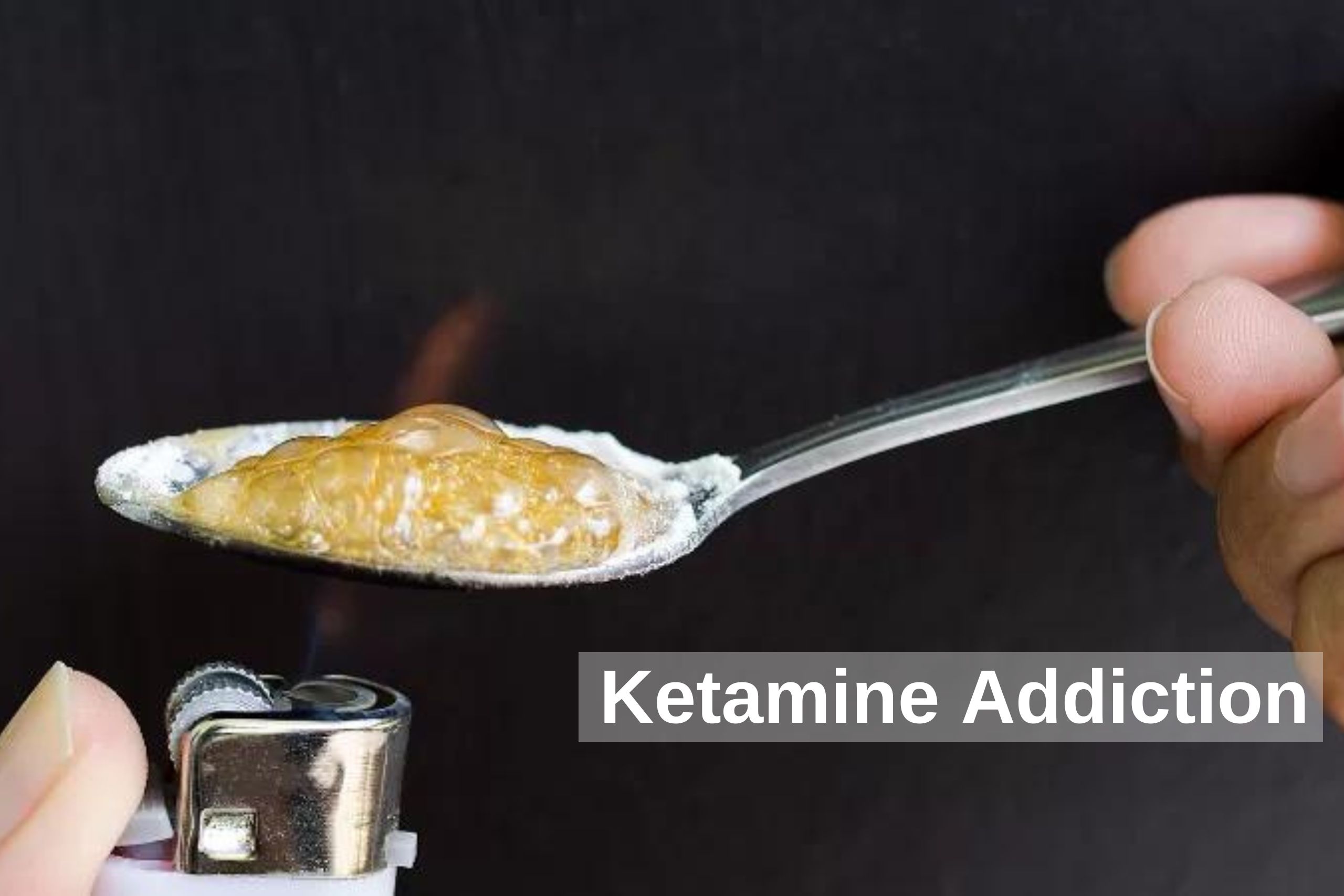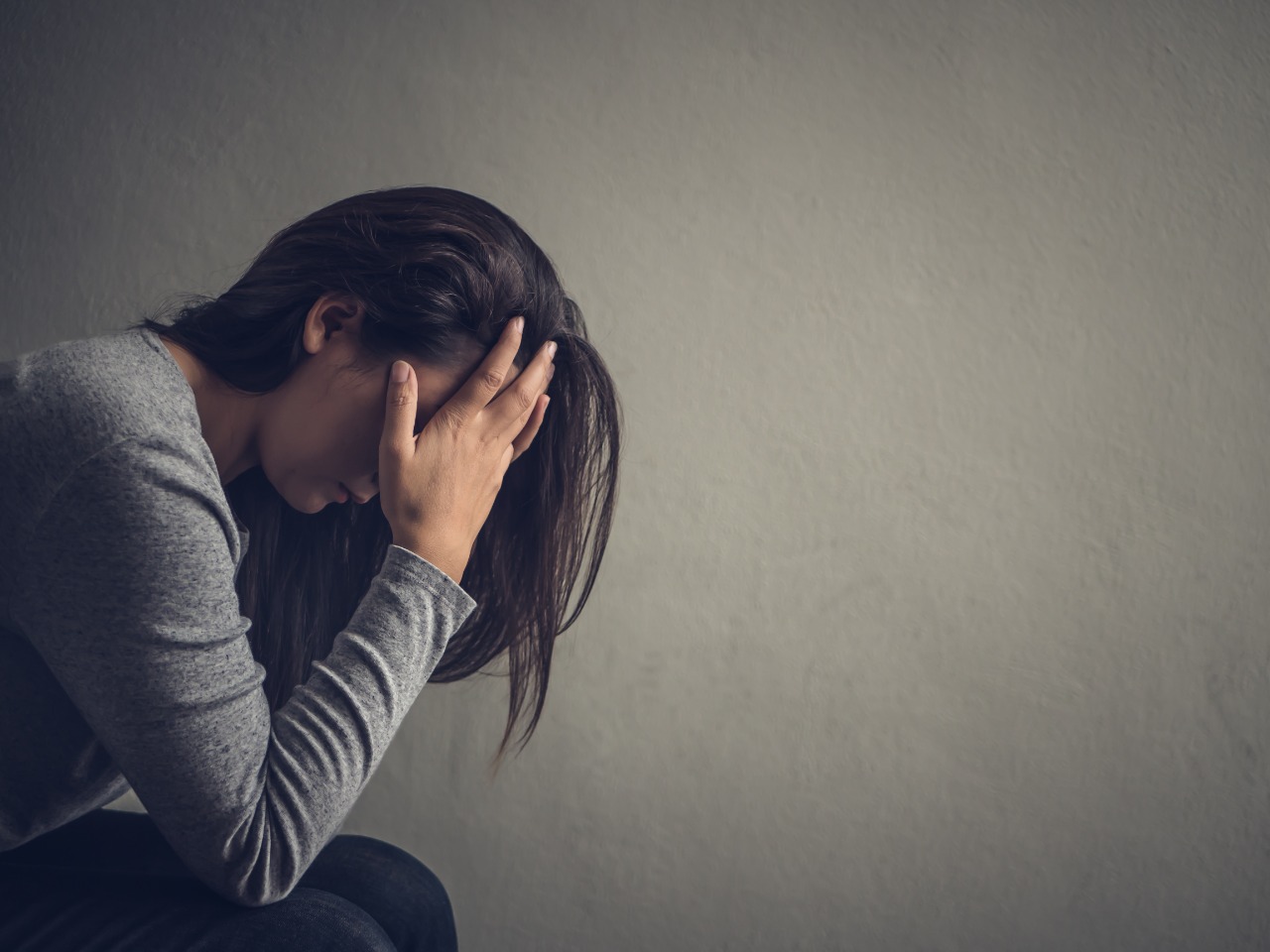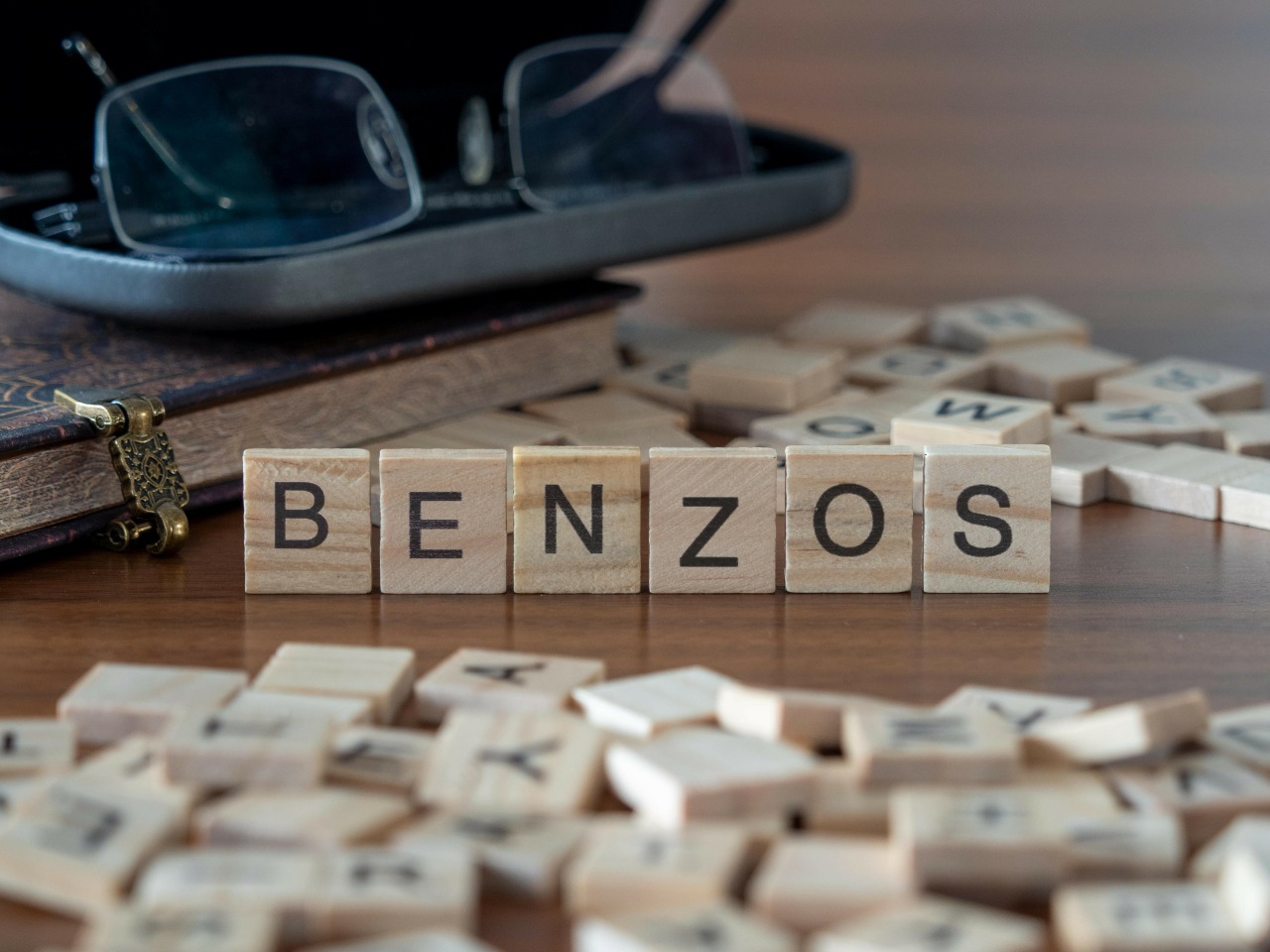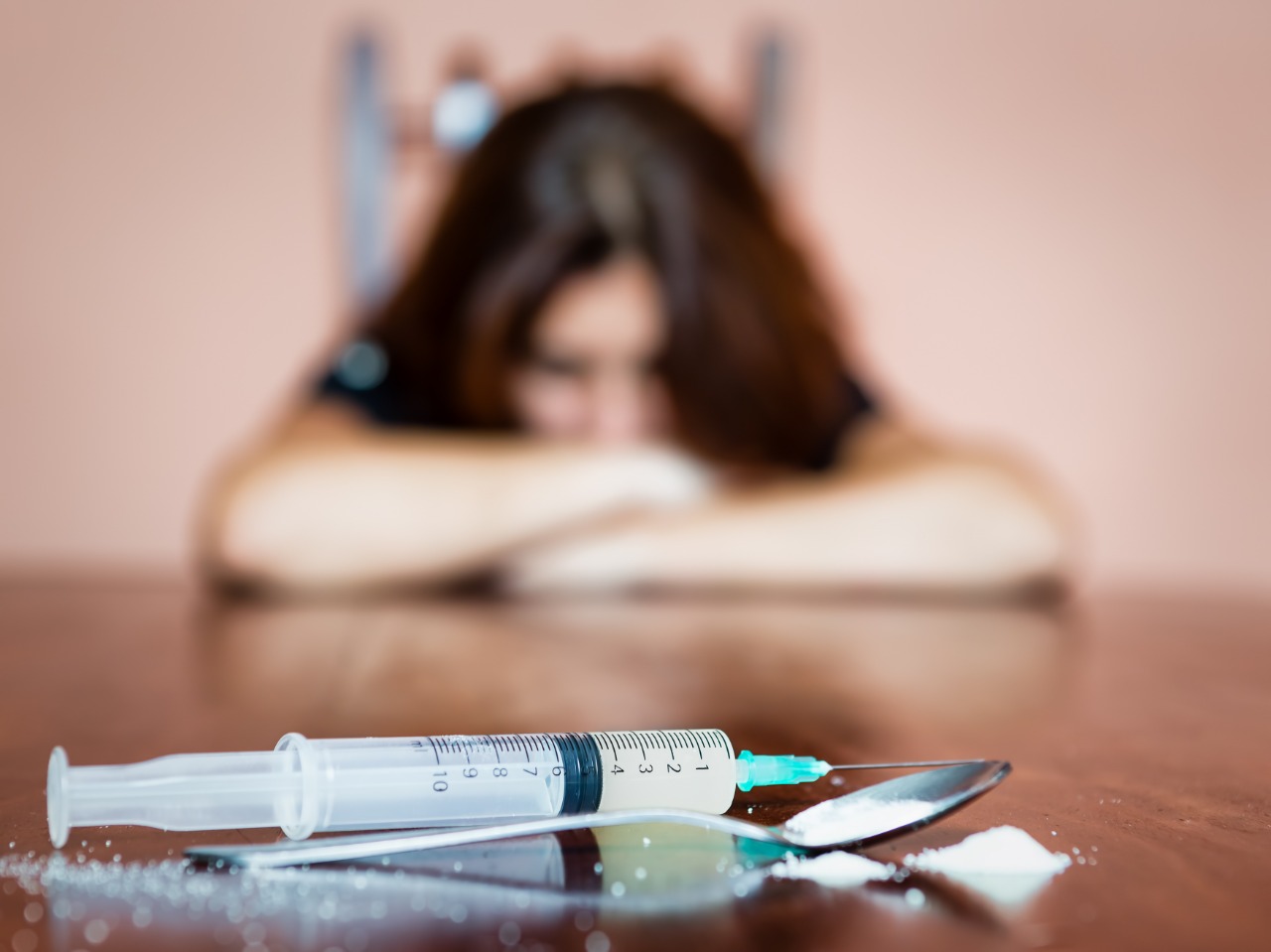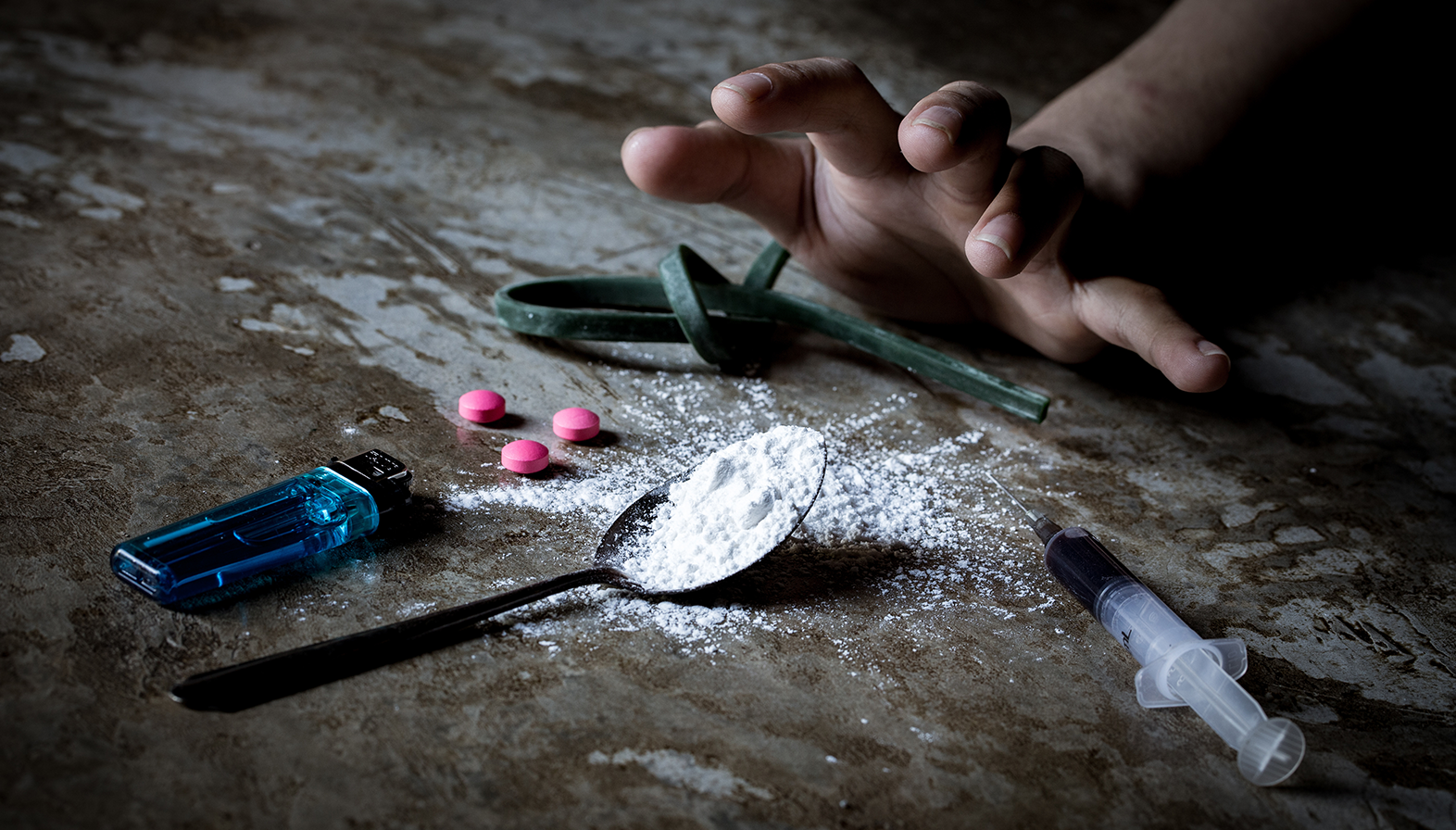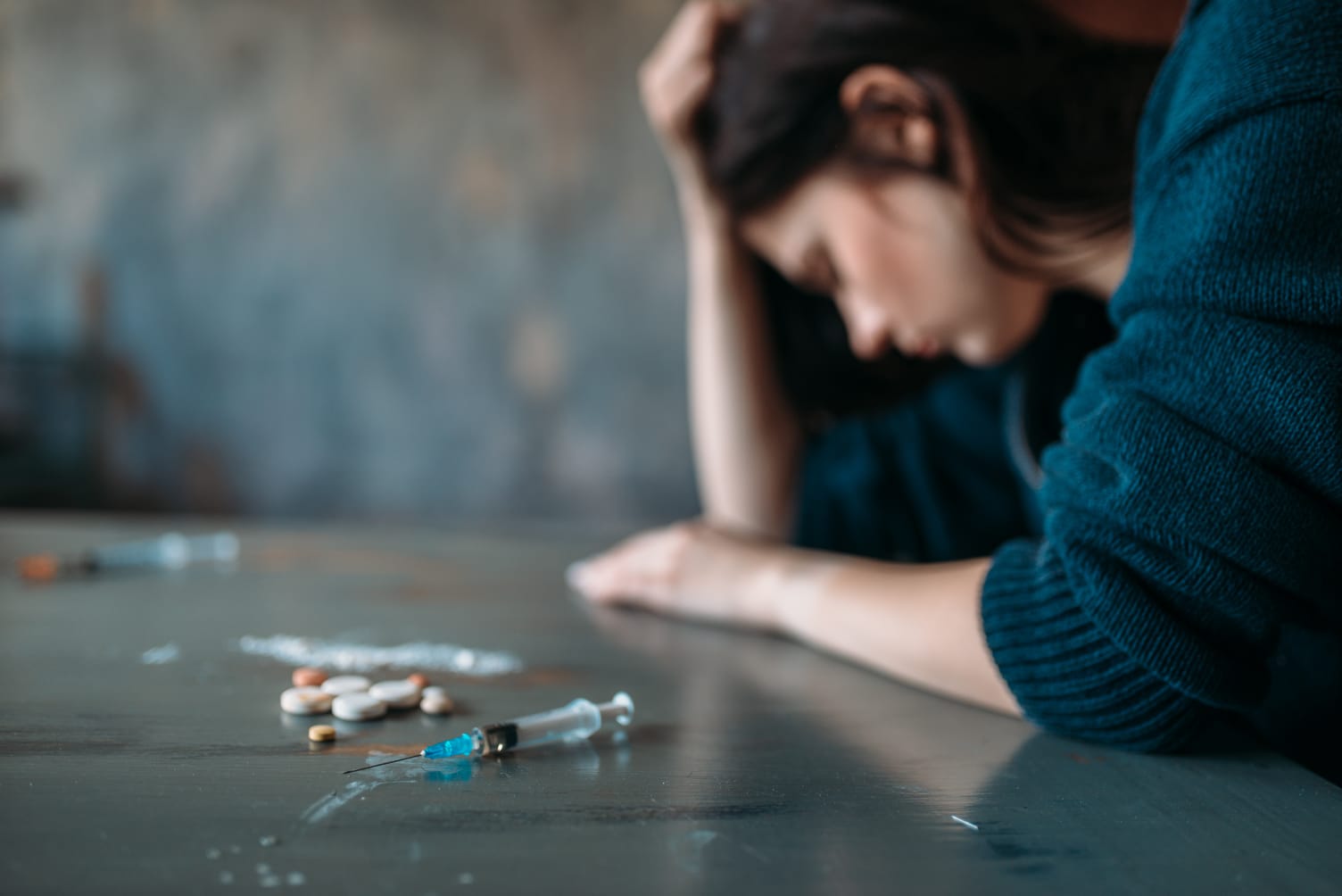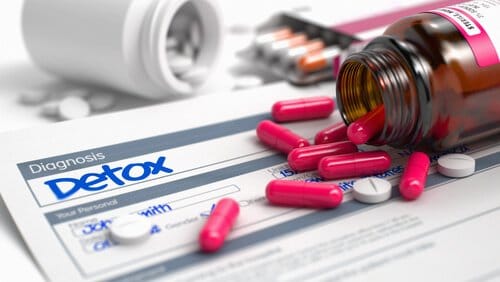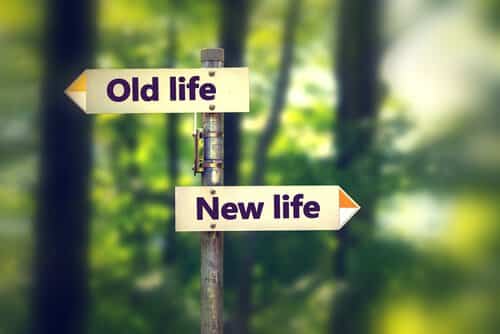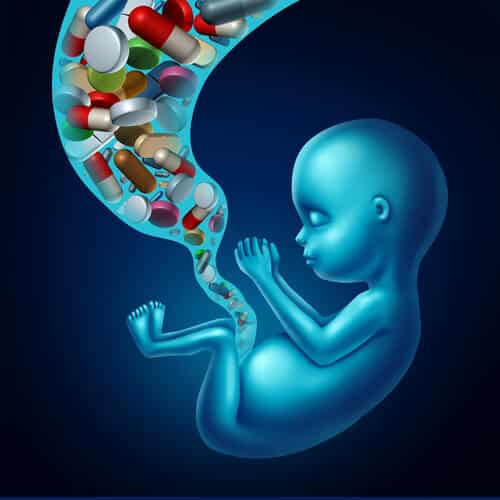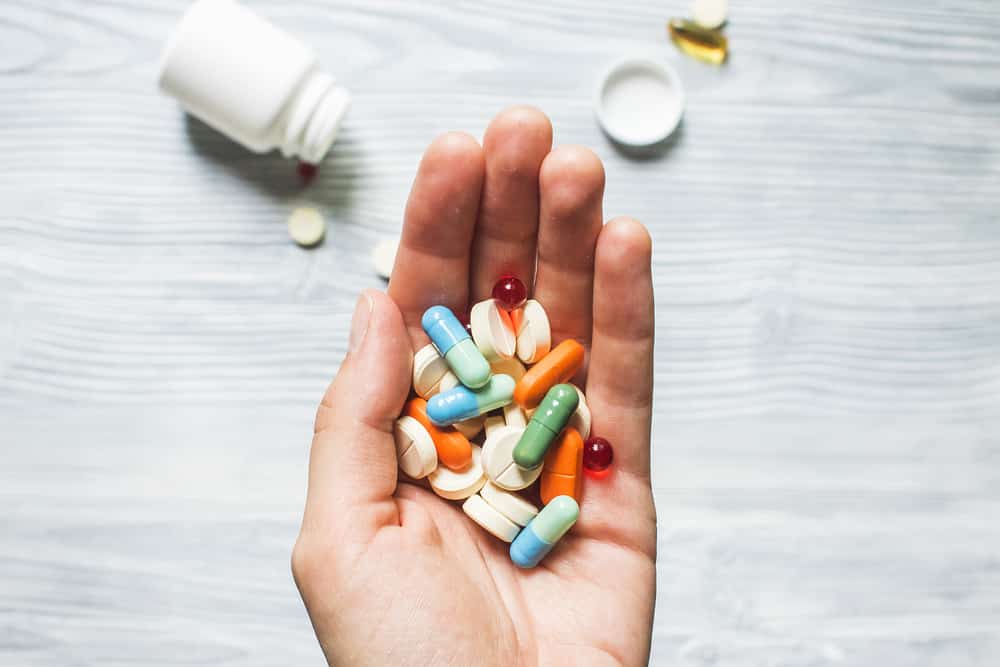Table of Contents
ToggleDrug Rehab and Detox in NJ: Why You Should Seek Treatment for Withdrawal Symptoms
Many people who suffer from an addiction to drugs or alcohol believe they cannot take control of their addiction. Although some may try to kick the habit by themselves, it is not advisable to do so due to the health risks involved. Both alcohol and a variety of drugs can make your body chemically dependent. When you stop supplying the body with these substances, it goes into “withdrawal” and could cause, seizure, stroke or other conditions. If you live in New Jersey, you have plenty of options to access detox and rehab treatment.

How to Cope with Alcohol Withdrawal
When you try to stop using alcohol (hard liquor, beer or wine) after abusing significant quantities for an extended period of time, you may find that you have tremors, nausea, agitation, hallucinations, restlessness, anxiety, etc. These effects can be extremely uncomfortable or, sometimes, even dangerous.
If your alcohol withdrawal symptoms are severe enough, drug rehab centers will start you on a detoxification process. Although it may not be very comfortable at first, it is medically safe. Detox is not the entire treatment plan, but it is a start to your treatment.
When someone who has become chemically dependent on alcohol tries to stop use suddenly, they develop a variety of withdrawal symptoms. Withdrawal symptoms set in anywhere between six and 24 hours after the last drink.
Alcohol withdrawal symptoms can include:
· DTs (Delirium tremens) is the rapid onset of confusion that sets in about 72 hours into withdrawal. Physical effects may include shaking, shivering, irregular heartbeat, and sweating.
· Depression
· Anxiety
· Sleeping problems
· Tremors (hands especially)
· Hallucination
While these symptoms could be mild, it is not always the case, especially for those who have abused large quantities of alcohol for an extended period of time. It is always recommended that you be medically monitored while undergoing detoxification from alcohol. Often, this means going to drug rehab in NJ or detoxification facility in NJ. Medical professionals will monitor your vital signs and make you as comfortable as possible while you detox off of alcohol.
How to Know if You Need a Detox Program
If you need alcohol every day to feel ‘normal,’ physically and mentally, it’s likely that you will need professional help to stop abusing alcohol. Getting through the initial detox phase is not just about willpower alone. Though some people can quit ‘cold turkey,’, it’s not recommended for alcohol. Oftentimes, the discomfort caused by withdrawal symptoms will drive you back to alcohol in order to obtain relief from the discomfort caused by withdrawal symptoms. Also, if you persist in abstaining from alcohol despite severe withdrawal symptoms, it could lead to seizure or stroke.
How to Cope with Benzodiazepine Withdrawal

Besides alcohol, a class of medications called benzodiazepines are also difficult to come off of. Benzodiazepines are prescribed by doctors for treating symptoms of anxiety. Longer-term use of greater than a few months can lead to addiction to this class of medication. Like alcohol, withdrawal from benzodiazepines can also lead to seizures, or stroke.
Benzos, as it is commonly called, is a drug that is used to treat a variety of genuine medical conditions, such as epilepsy, insomnia, and anxiety disorders. They are commonly short-acting benzodiazepines. The longer-acting benzodiazepines do not have such addictive potential, and is actually used to help people detox from alcohol and short-acting benzodiazepines.
If you abuse short-acting benzodiazepines, you are likely to experience withdrawal symptoms when you stop using them. This happens when the drug is washed out of the body. Withdrawal symptoms can be dangerous as it could result in seizures or stroke.
This withdrawal is caused because of how the drug works on the neurotransmitters. The impact the GABA receptors, which gets used to artificially stimulated production of dopamine, and, over time, lose the ability to pro aren’t designed to respond to the artificial stimulants in benzos. Therefore, the brain starts to believe that it doesn’t have to produce dopamine (the ‘feel good’ neurotransmitter) until stimulated by a drug or alcohol. When you stop taking benzodiazepines, your brain does not produce enough dopamine for you to feel normal.
There are a variety of symptoms/signs of benzodiazepine withdrawal. Psychological symptoms can include anxiety, depression and psychosis. Other symptoms could include memory loss, confusion, nightmares, insomnia, flu-like symptoms, nausea, vomiting and irritability. Sometimes, benzo withdrawal can cause impaired vision and slurred speech.
Your symptoms can start as quickly as just one hour after you stop taking the drug, and you can expect to suffer the worst withdrawal symptoms in the first three days. Therefore, if you plan to stop taking benzos, it is best to talk to your doctor and check into a drug rehab or detox center first. That way, medical staff can introduce medications that could help alleviate the most acute symptoms.
After the acute phase of withdrawal has passed, you likely will still suffer from psychological symptoms for some time to come. Although the detox process takes only a couple of weeks, it takes 2-3 years for the brain to revert to its normal production of dopamine. Consequently, it is easy to see the need for long-term treatment for addiction. The greater the length of treatment, the better.
Though coming off of Benzos is a challenge, many drug and alcohol treatments in NJ can ensure that you are safe while you rid your body of these harmful substances. That way, you have a better chance of success and can learn about triggers and other issues that come along with substance abuse.
Related Articles
Substance determine success rate drug rehab



